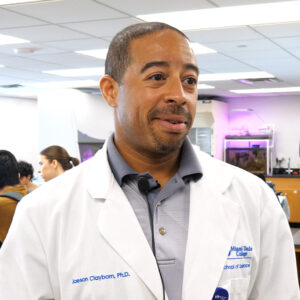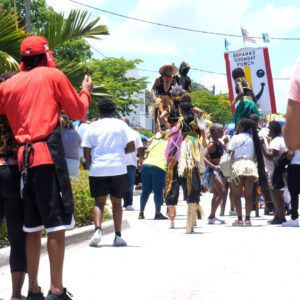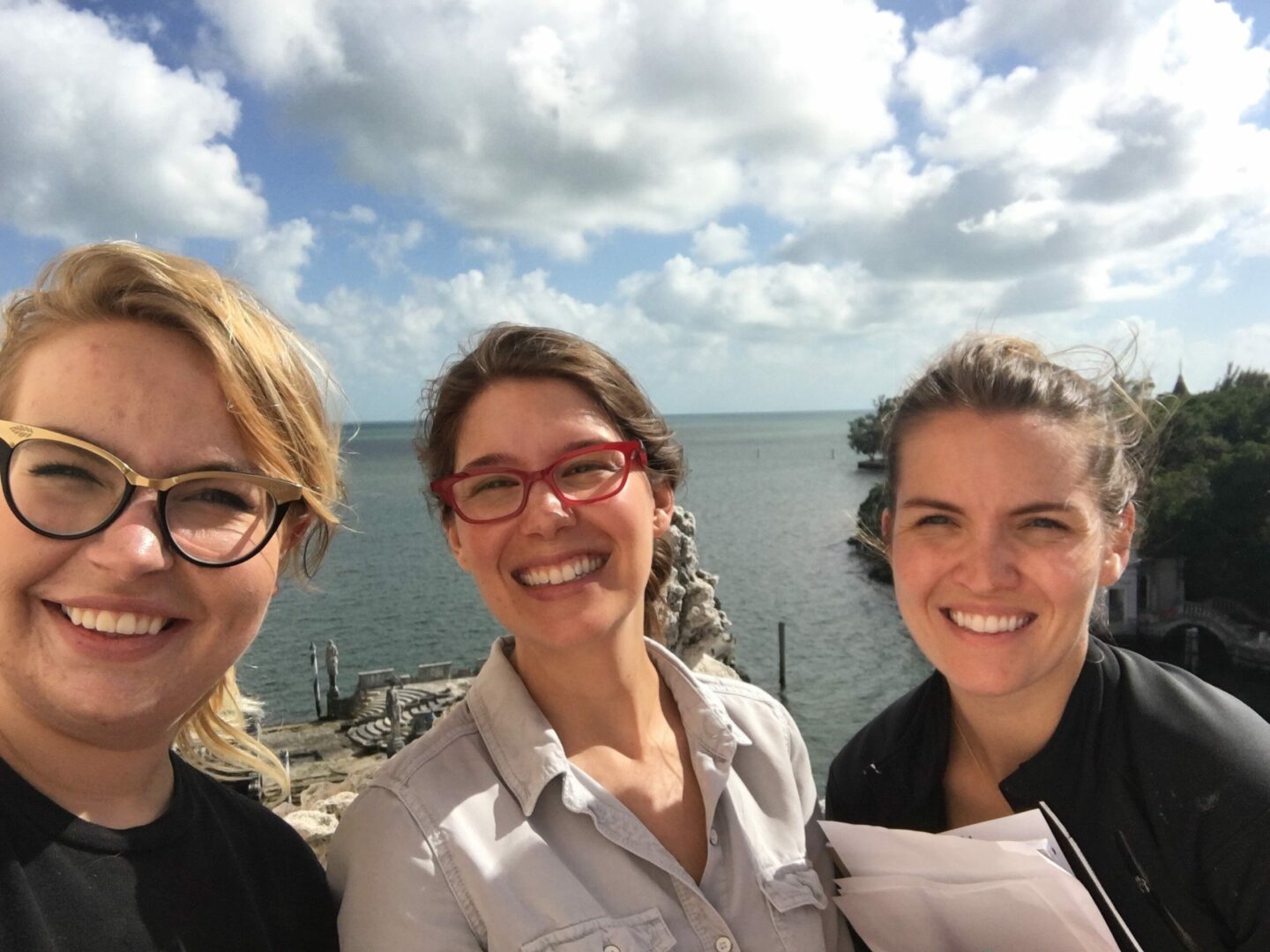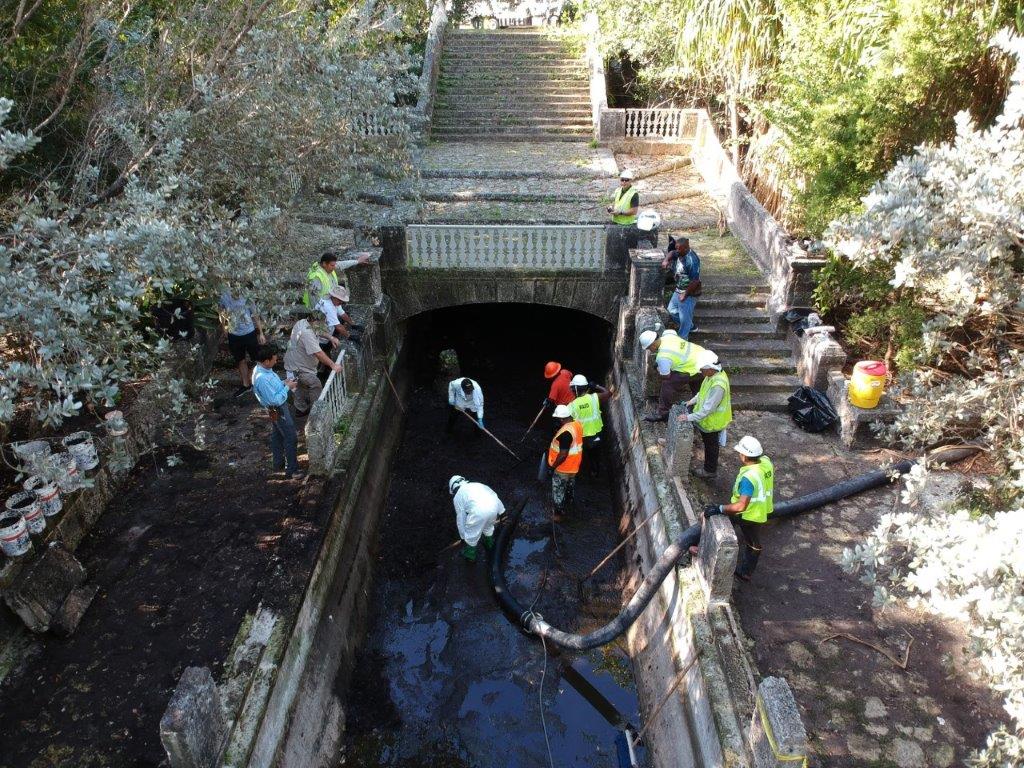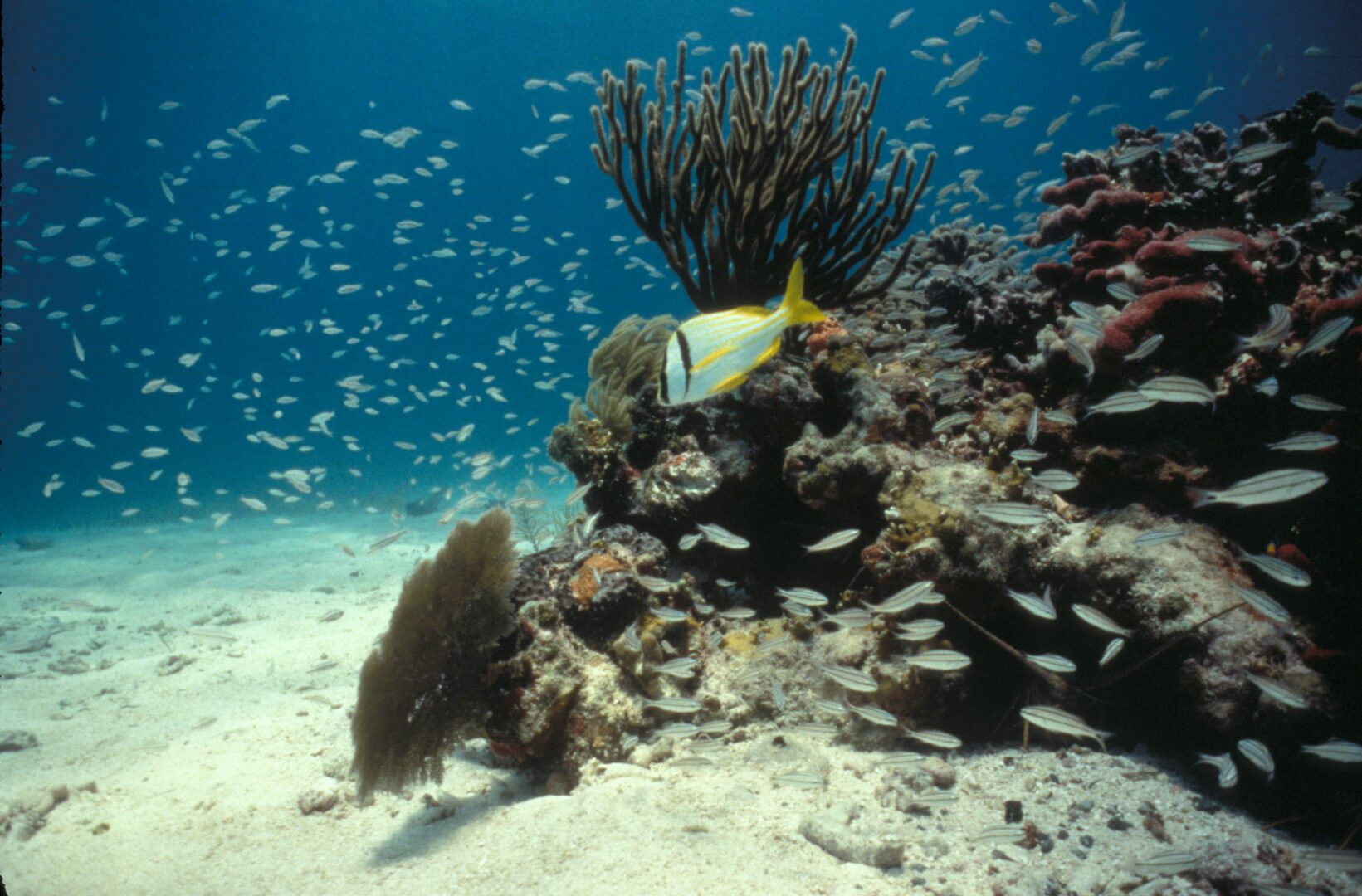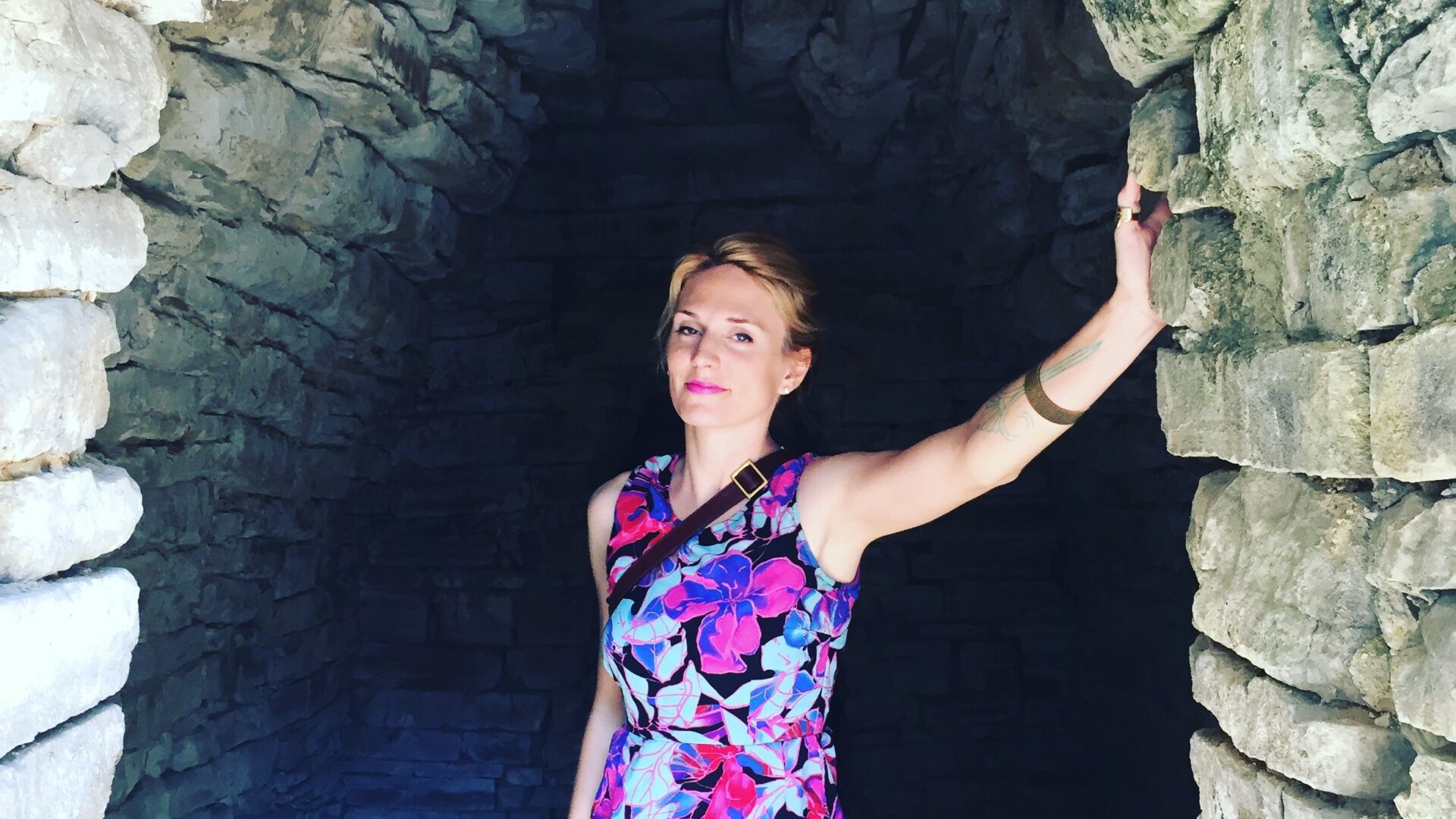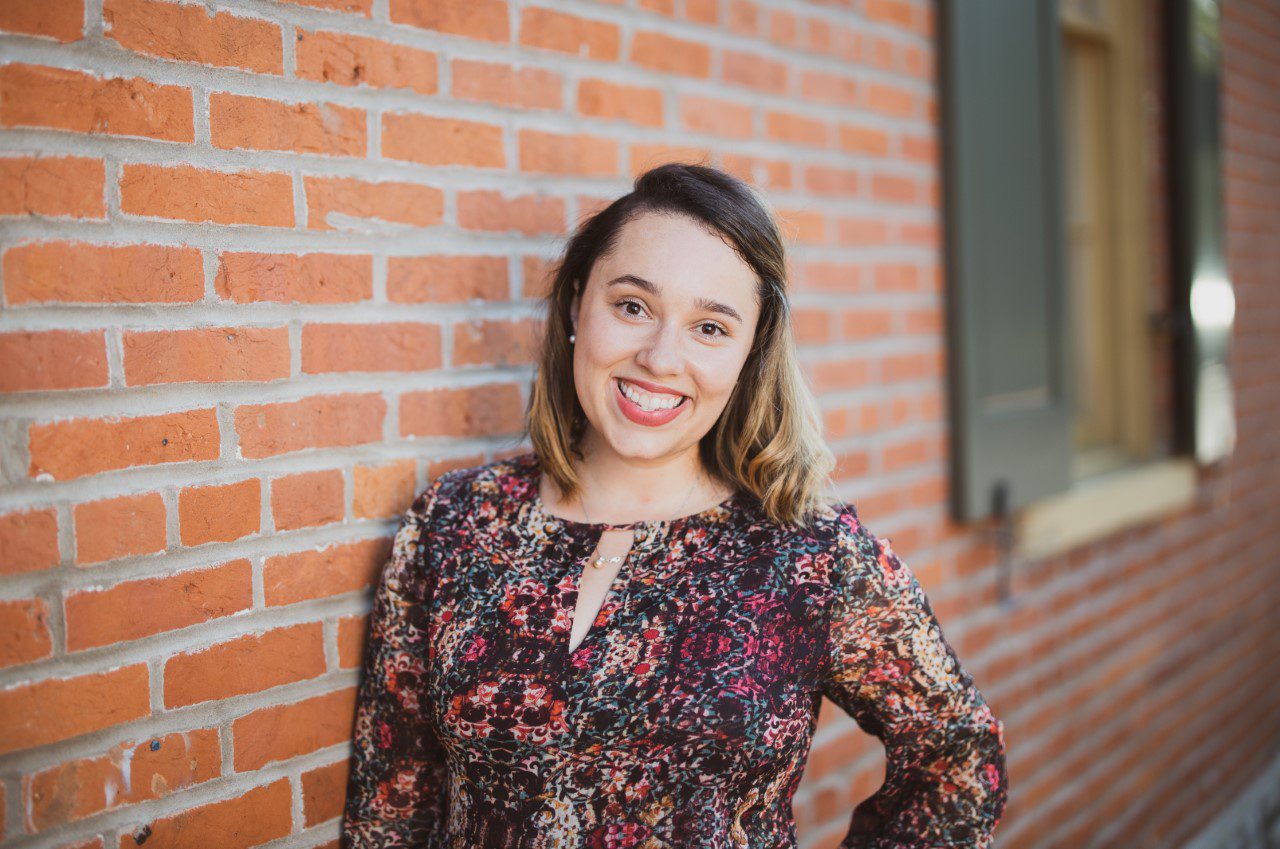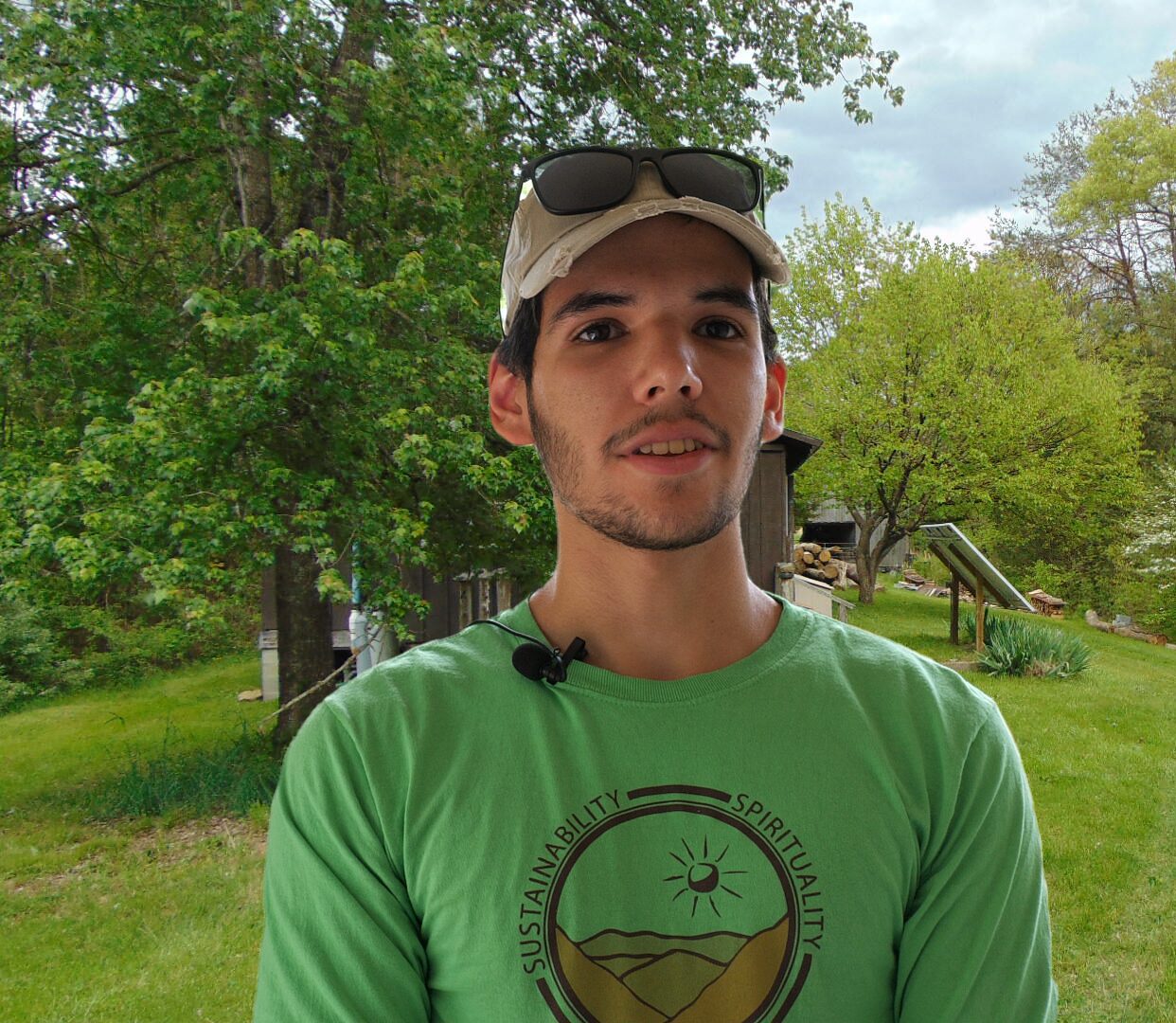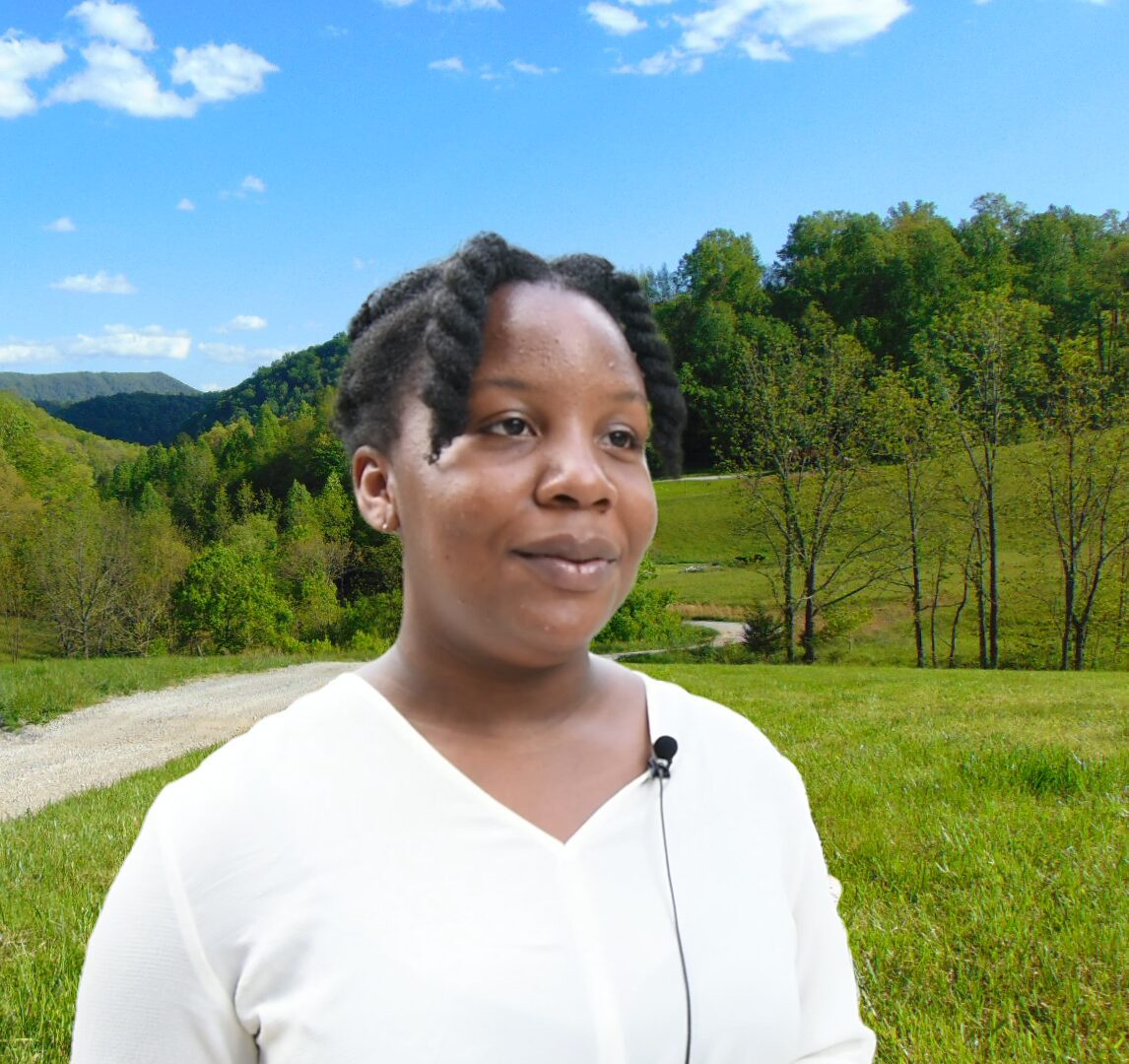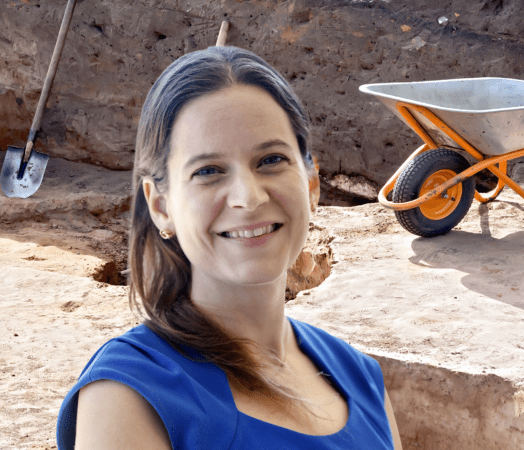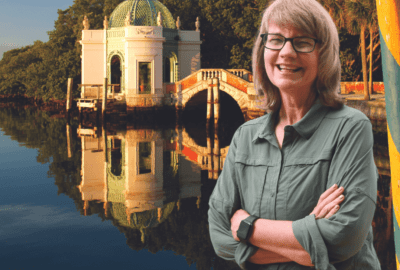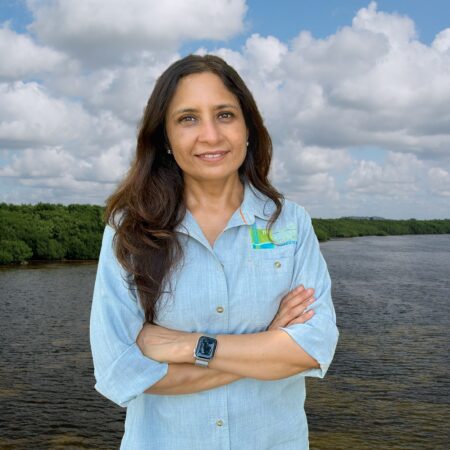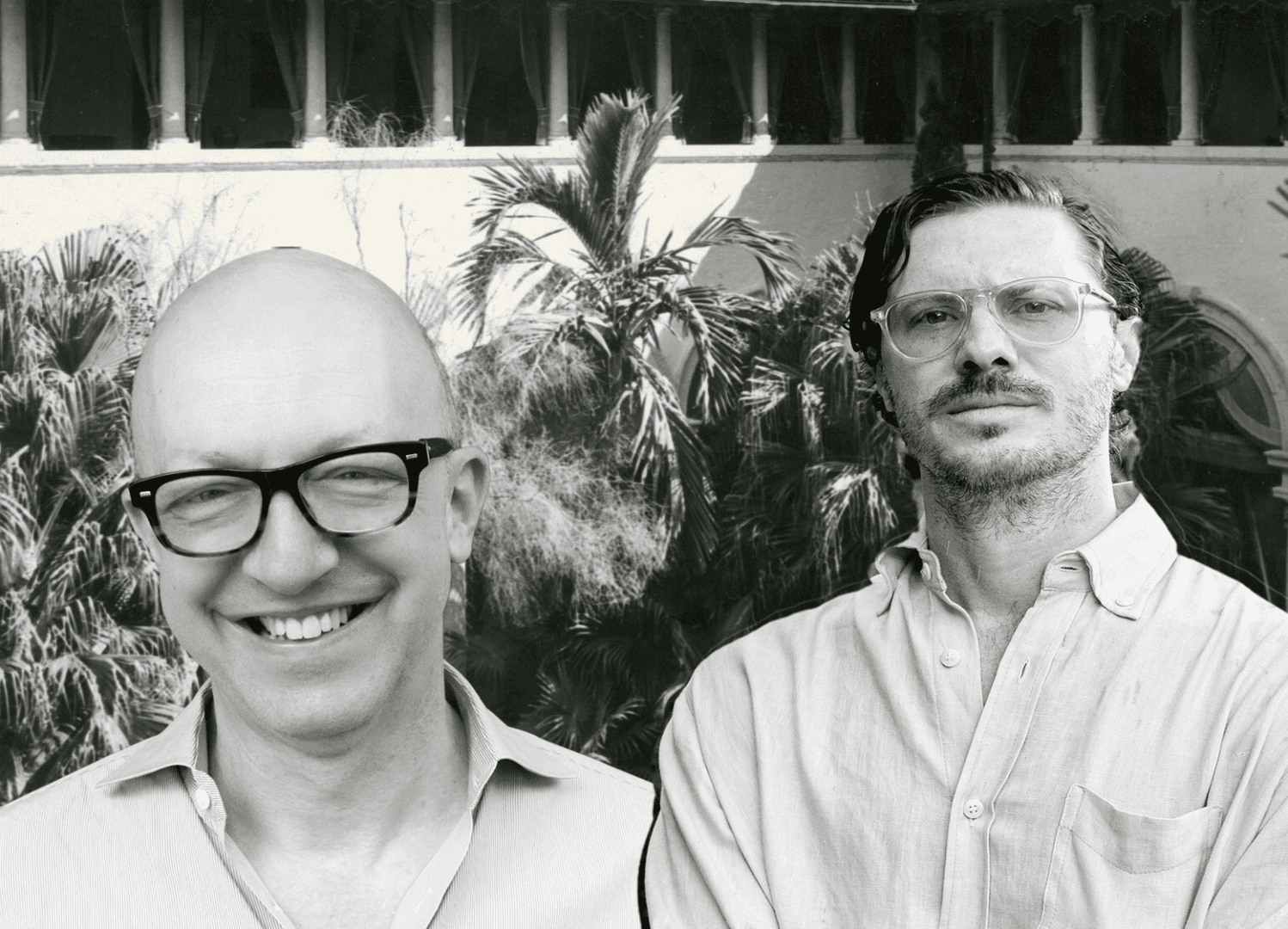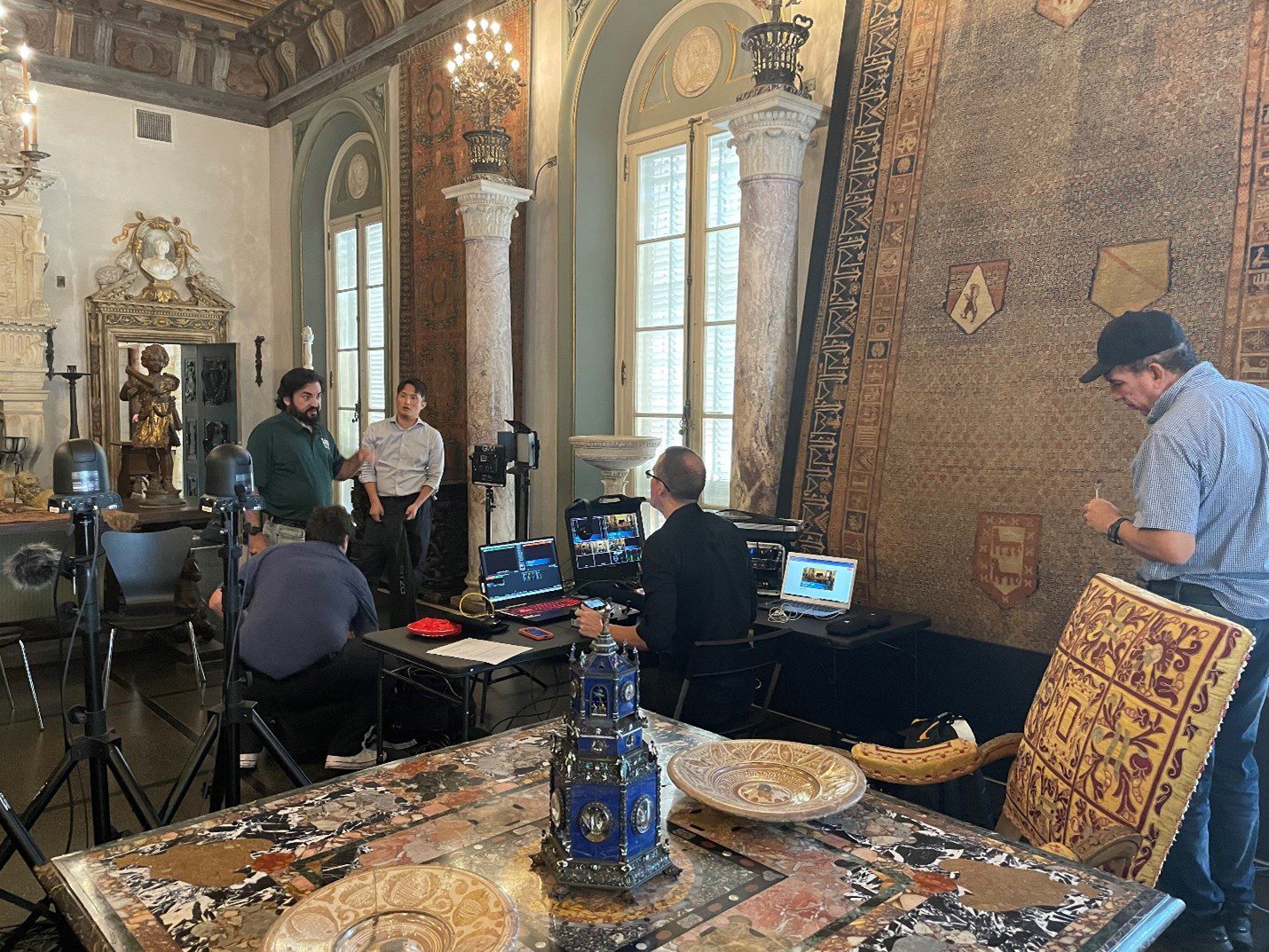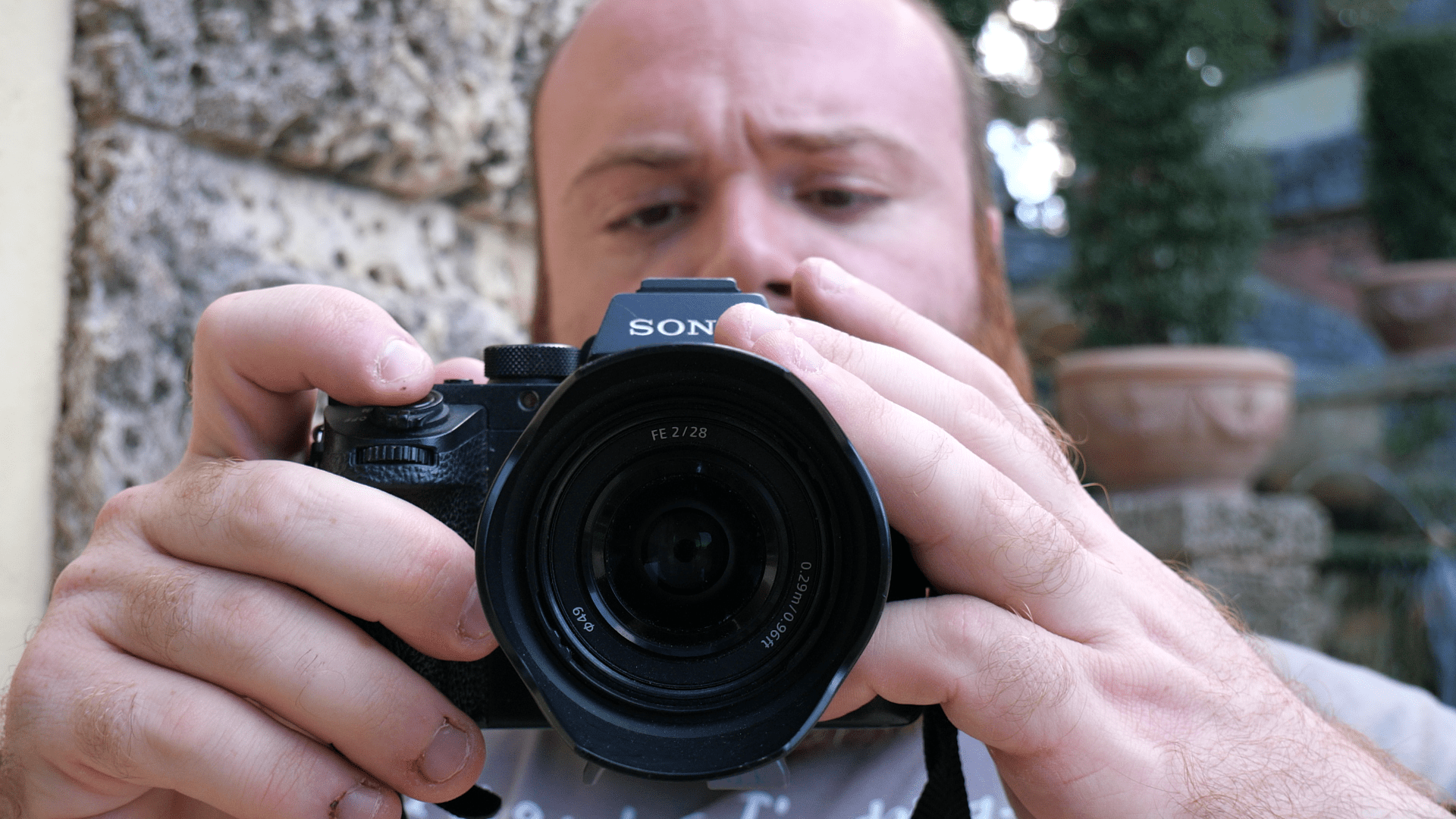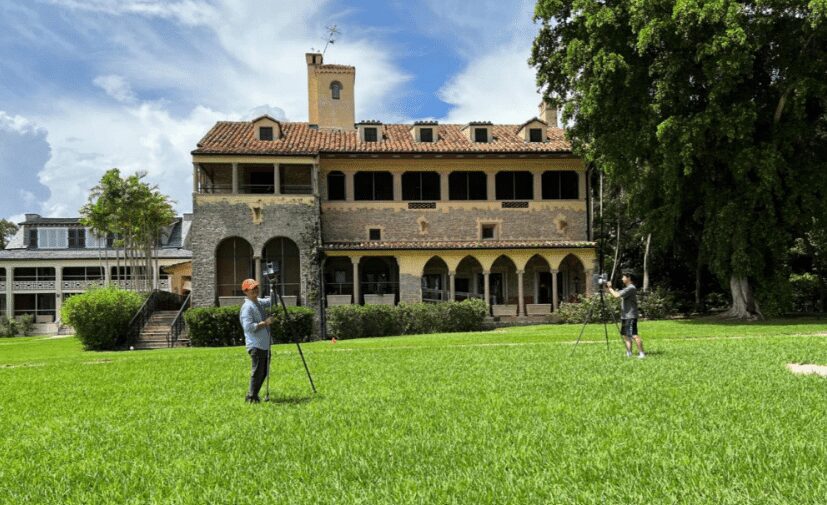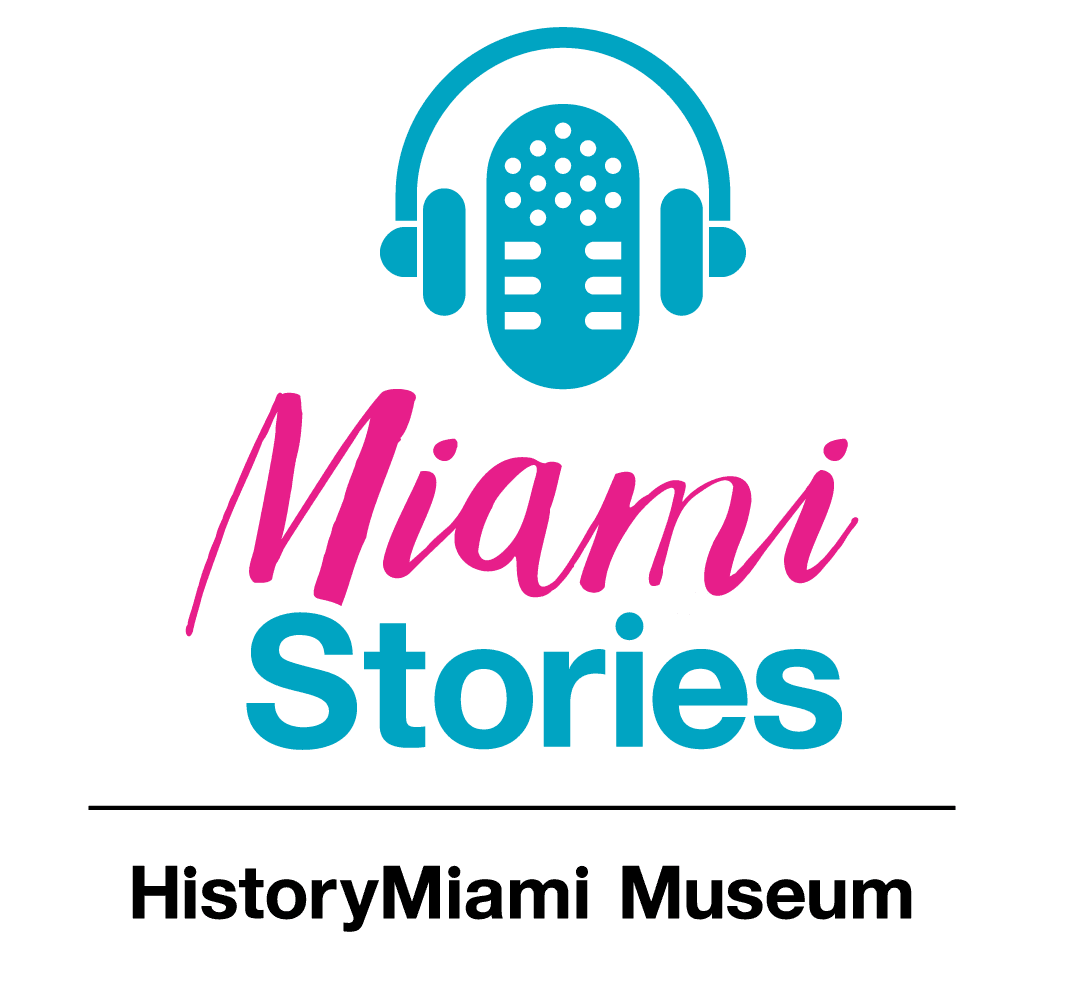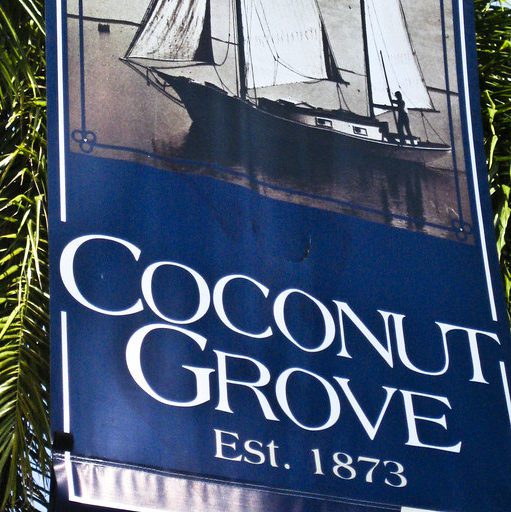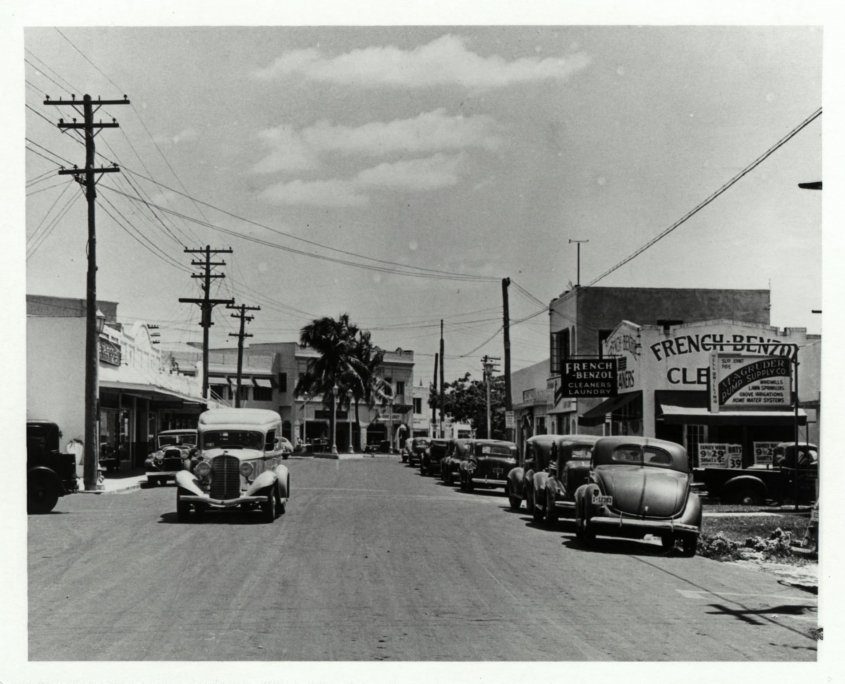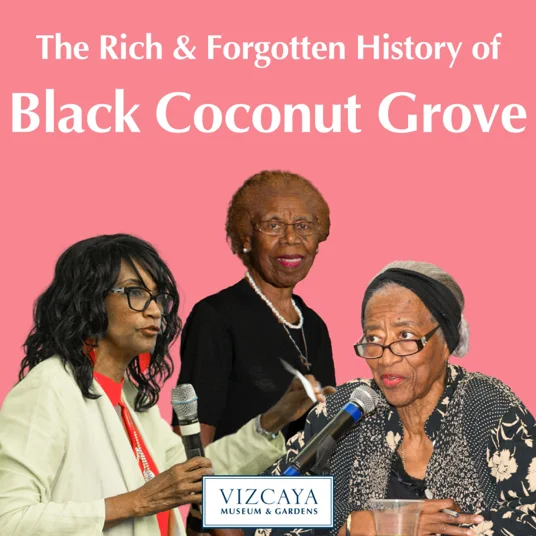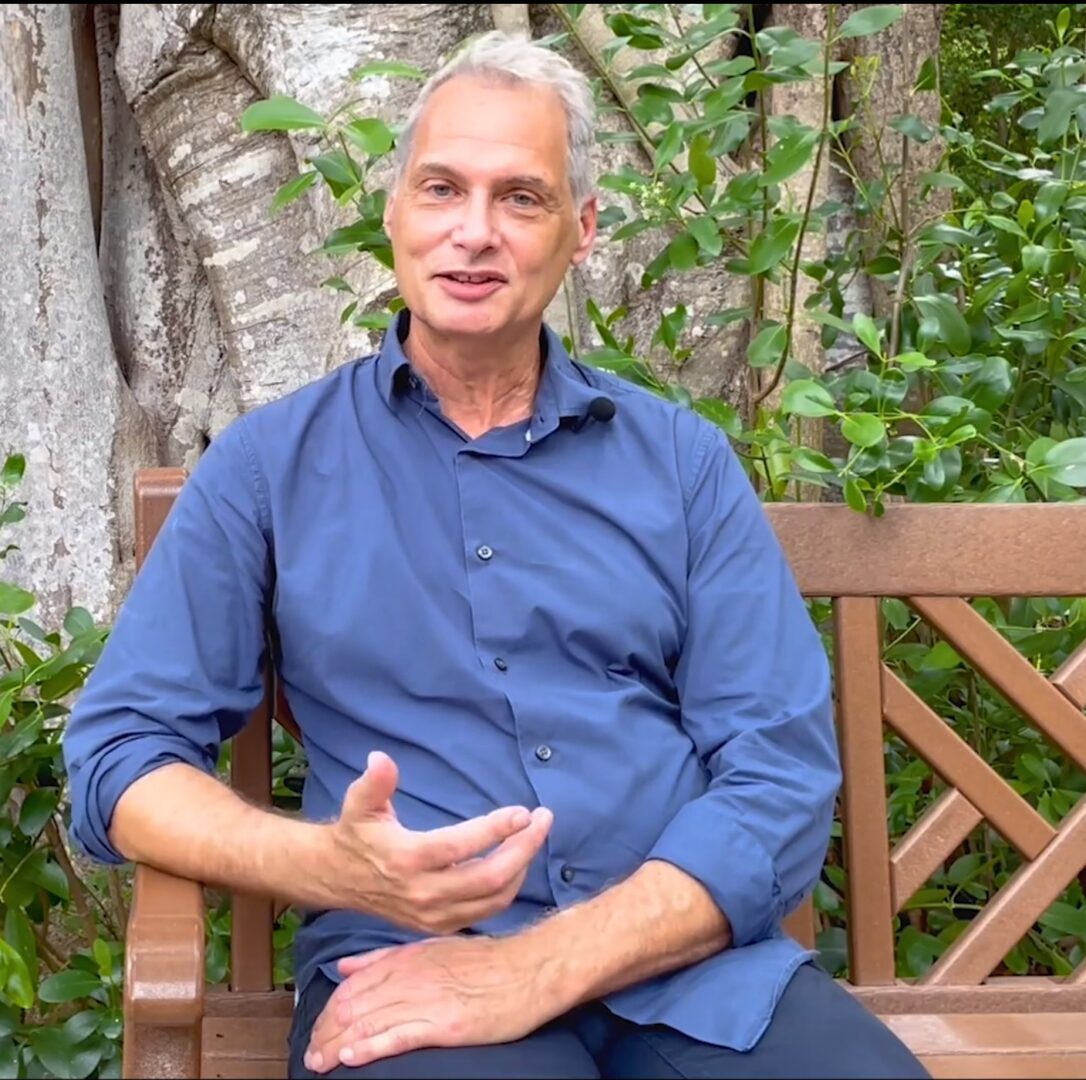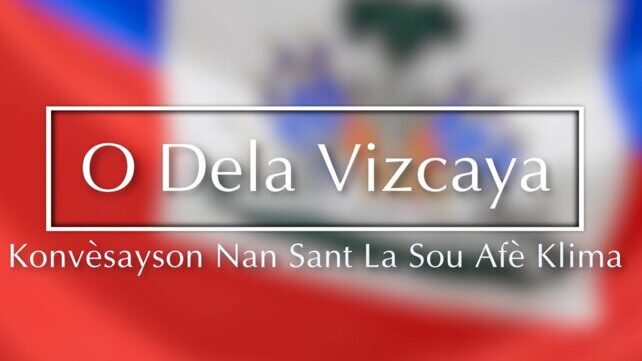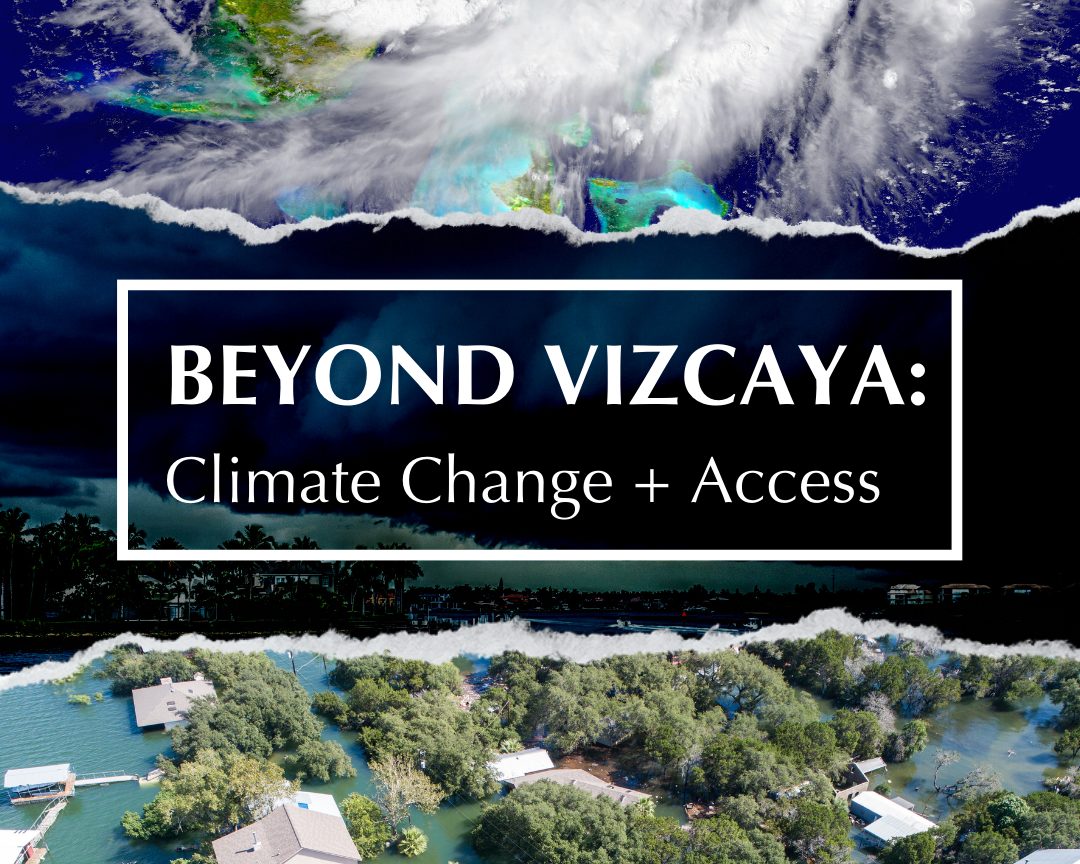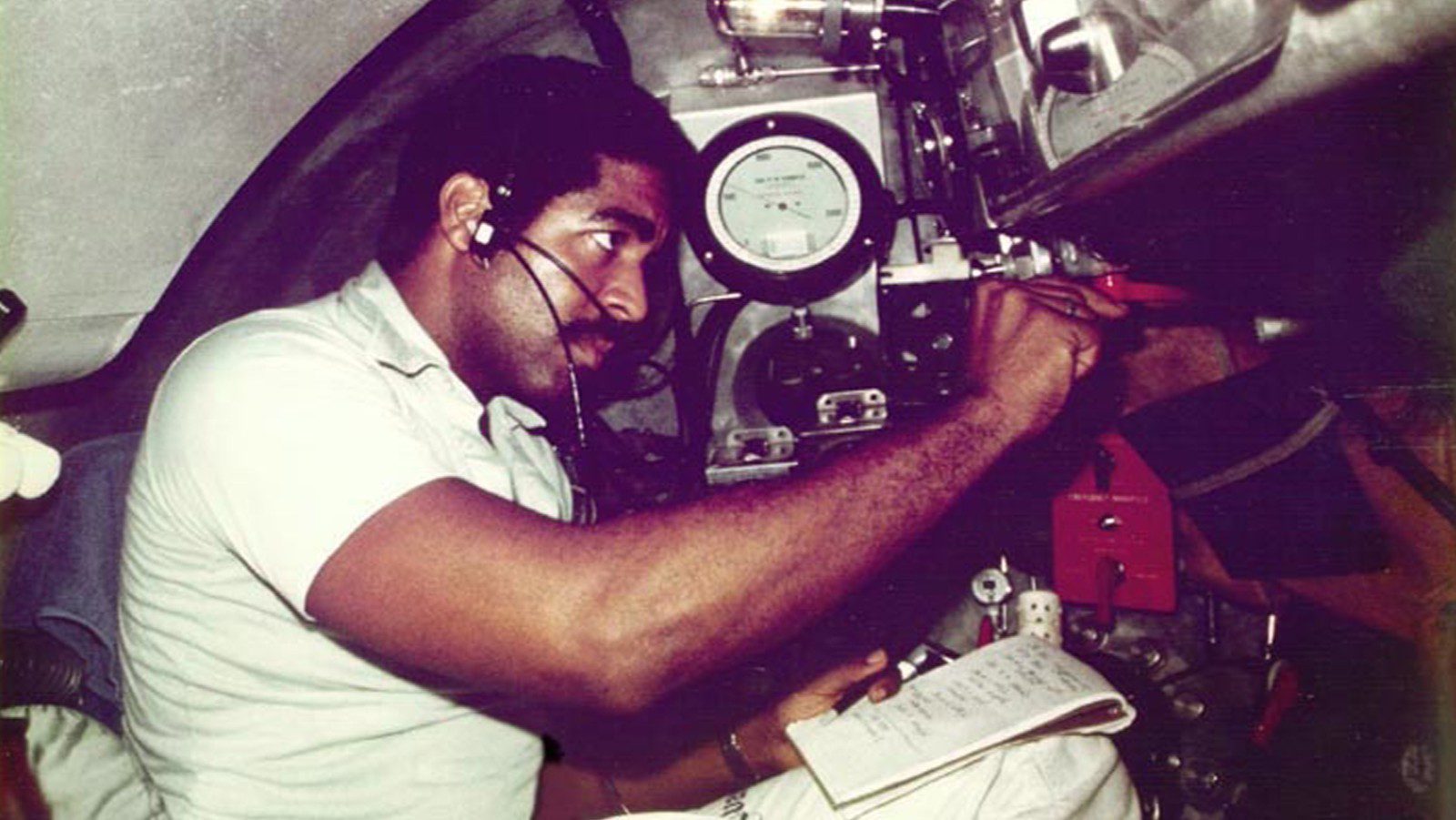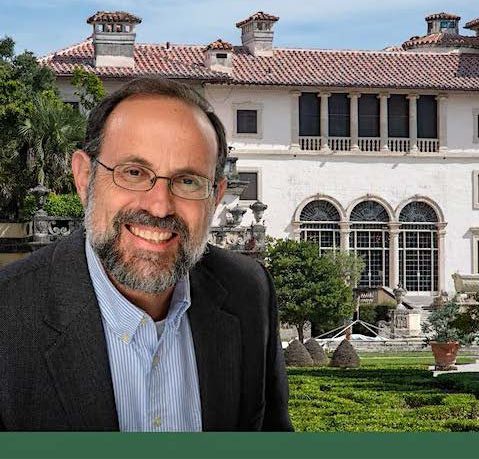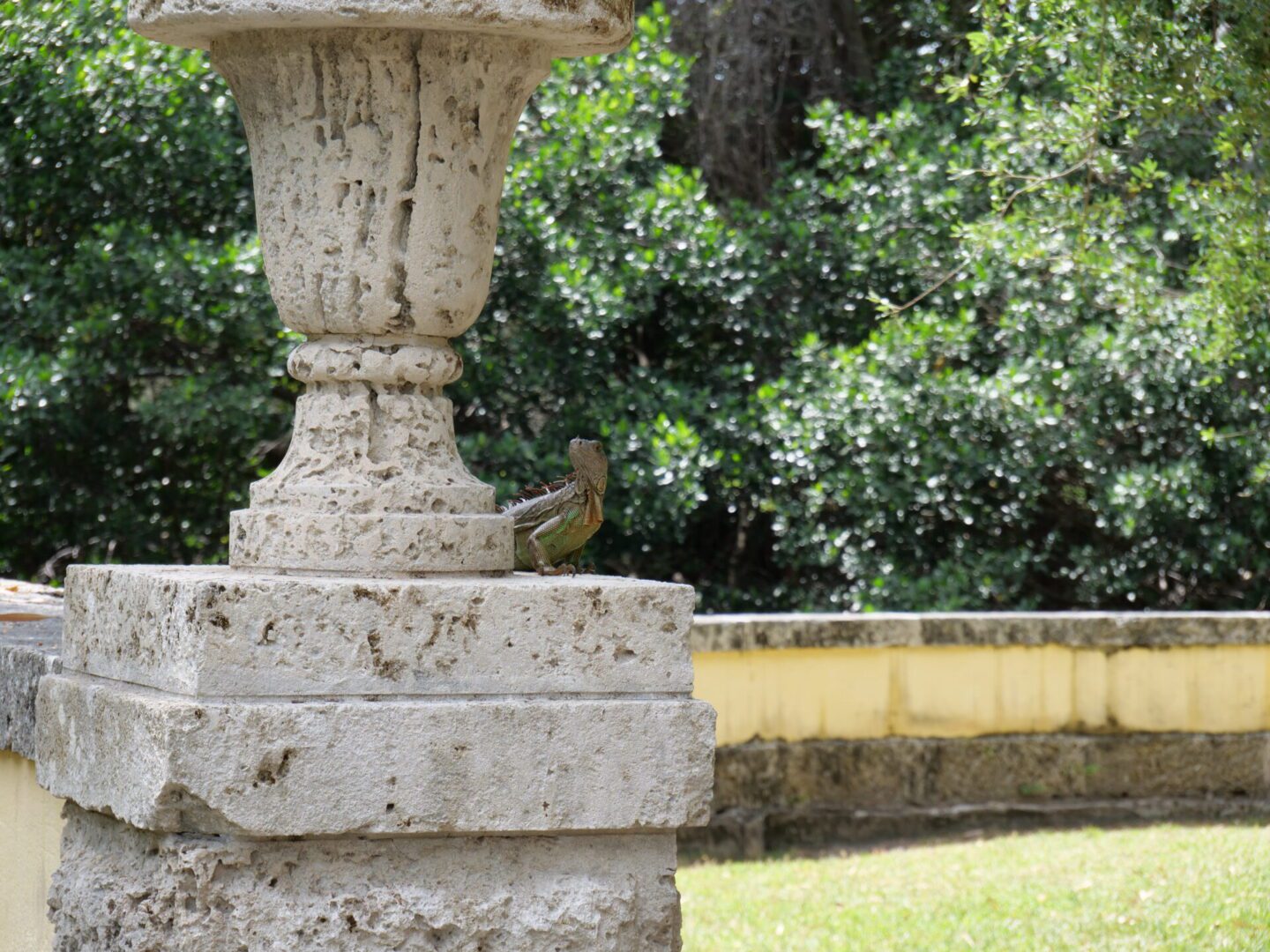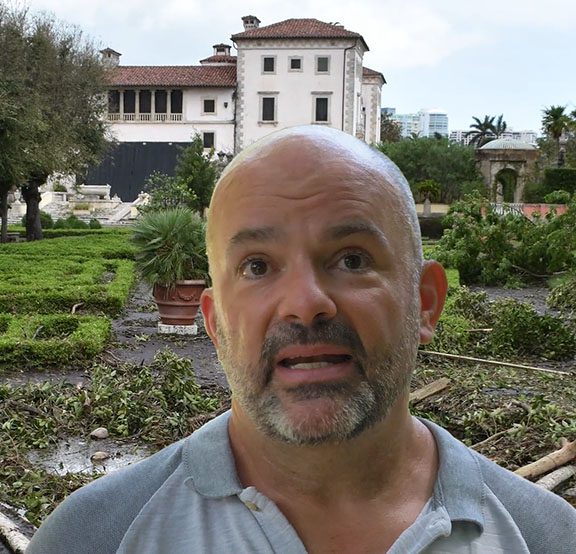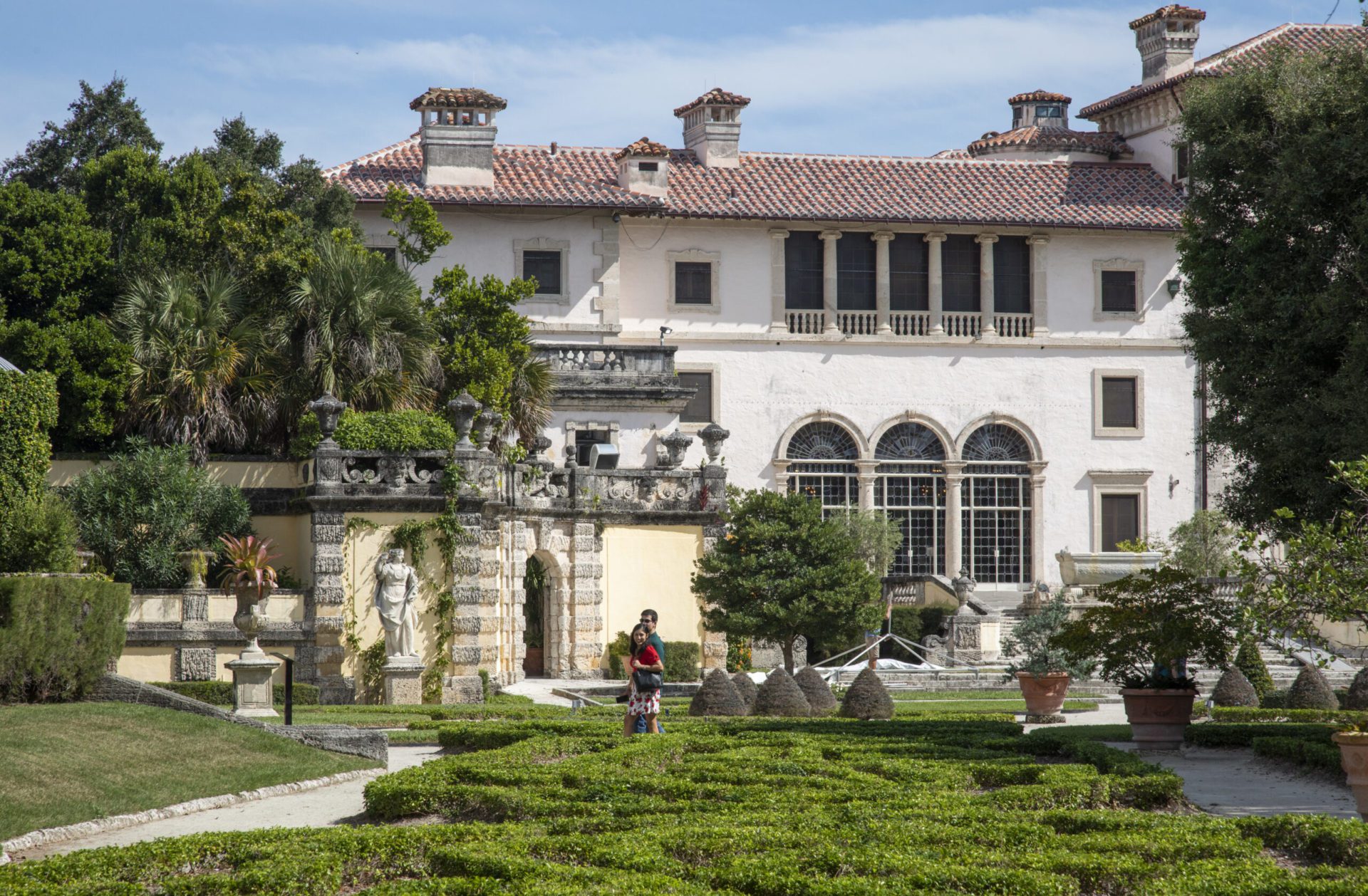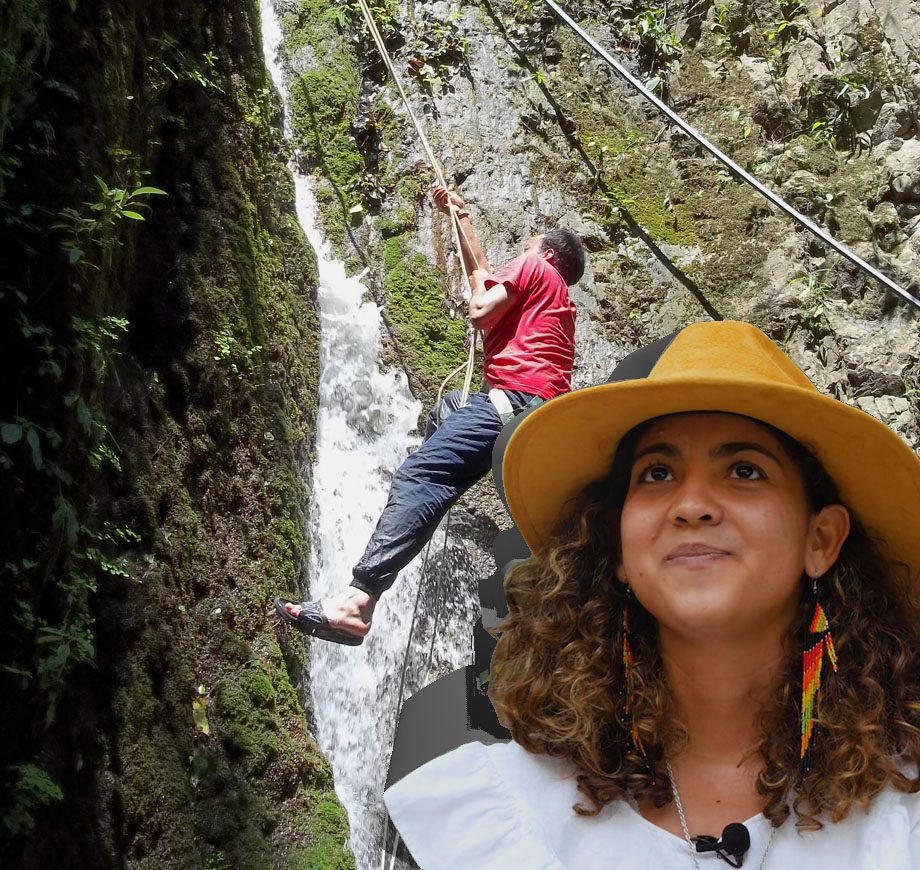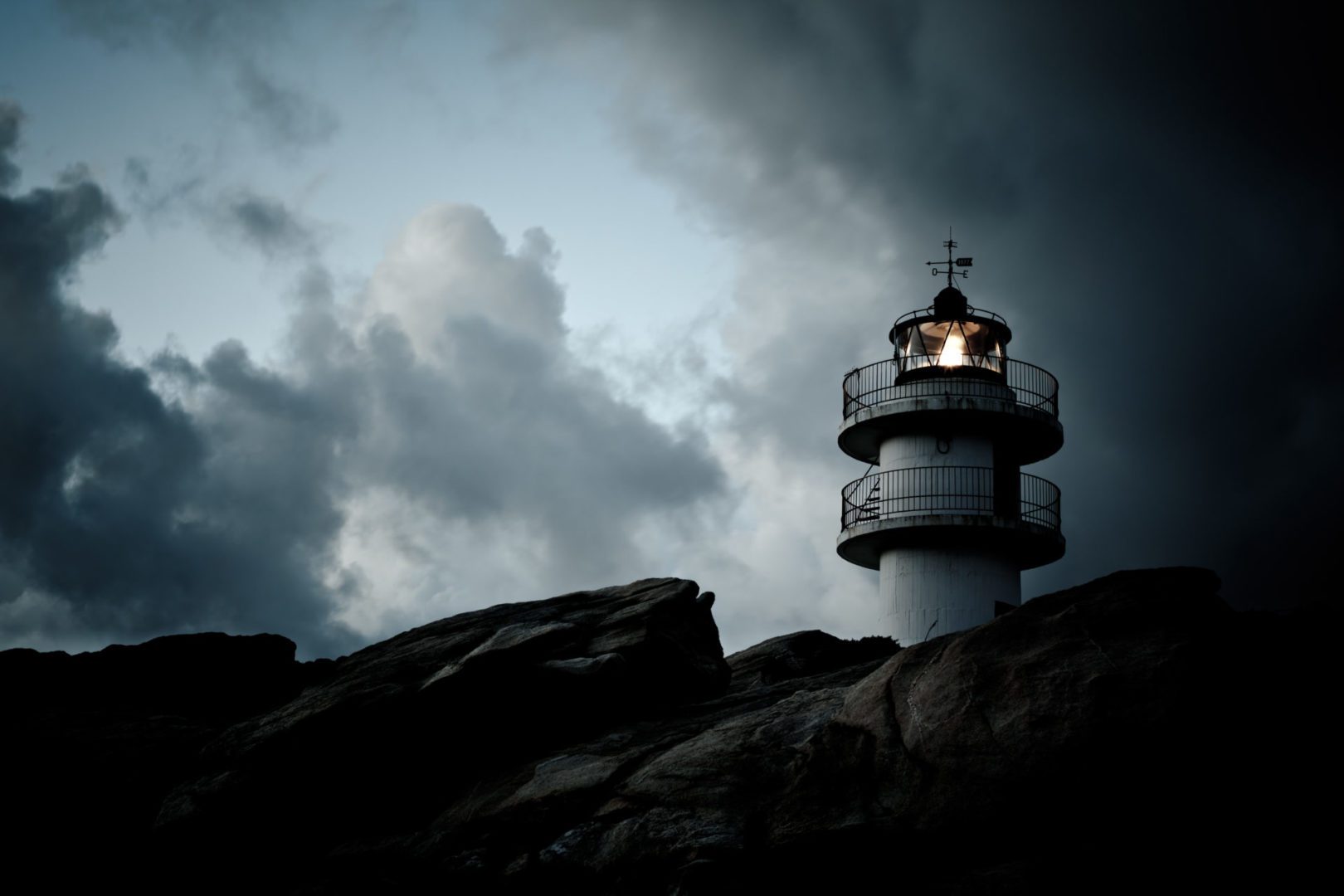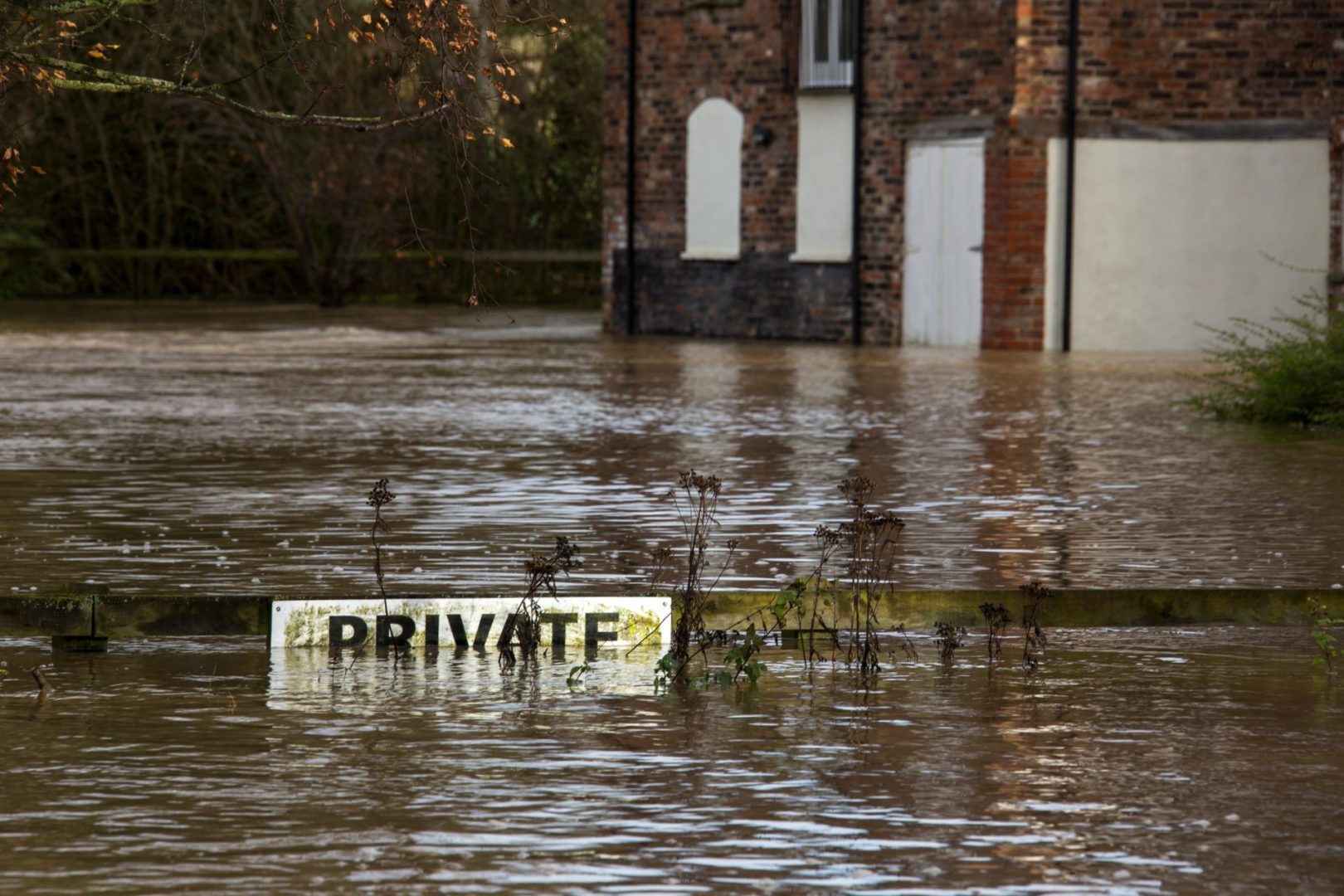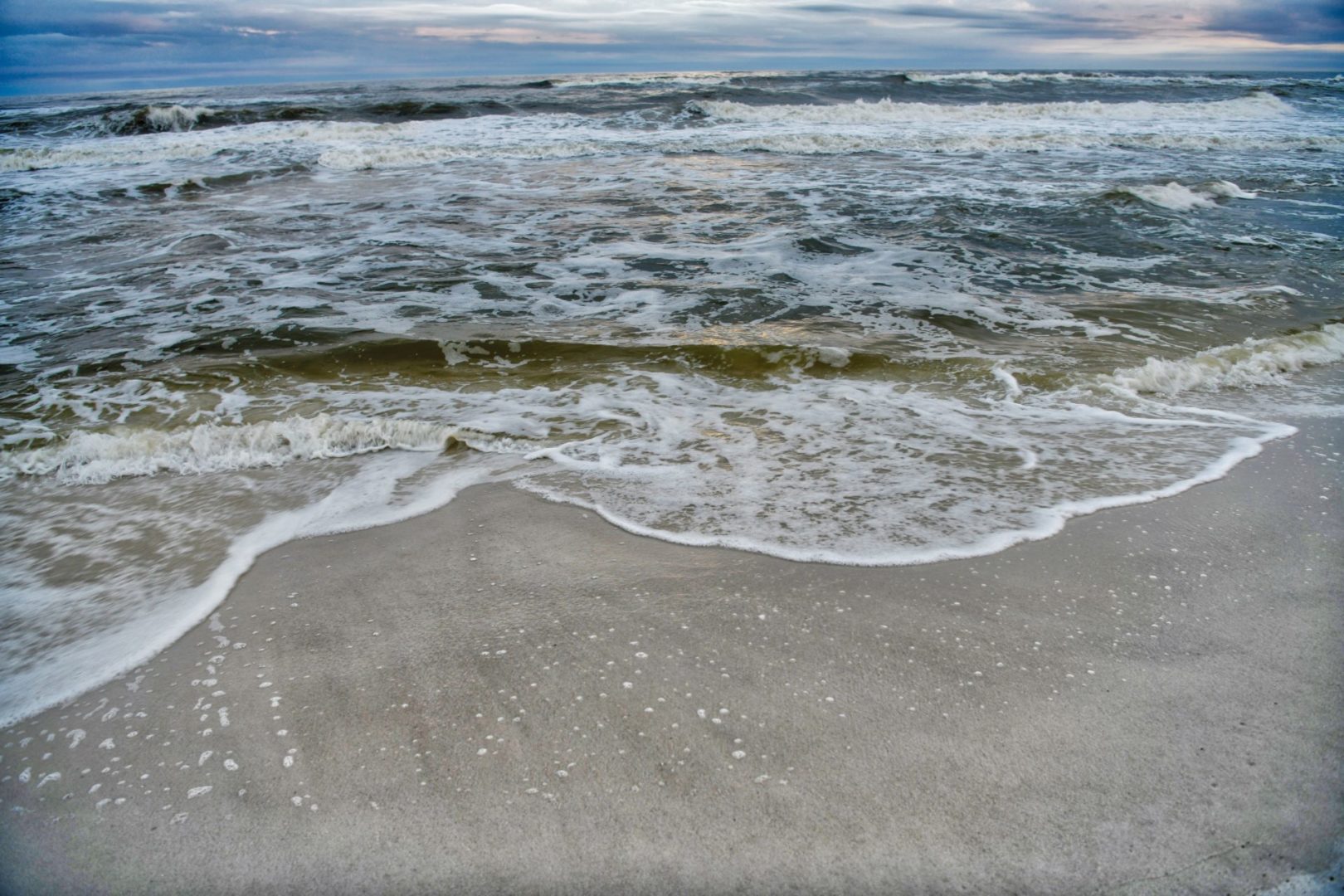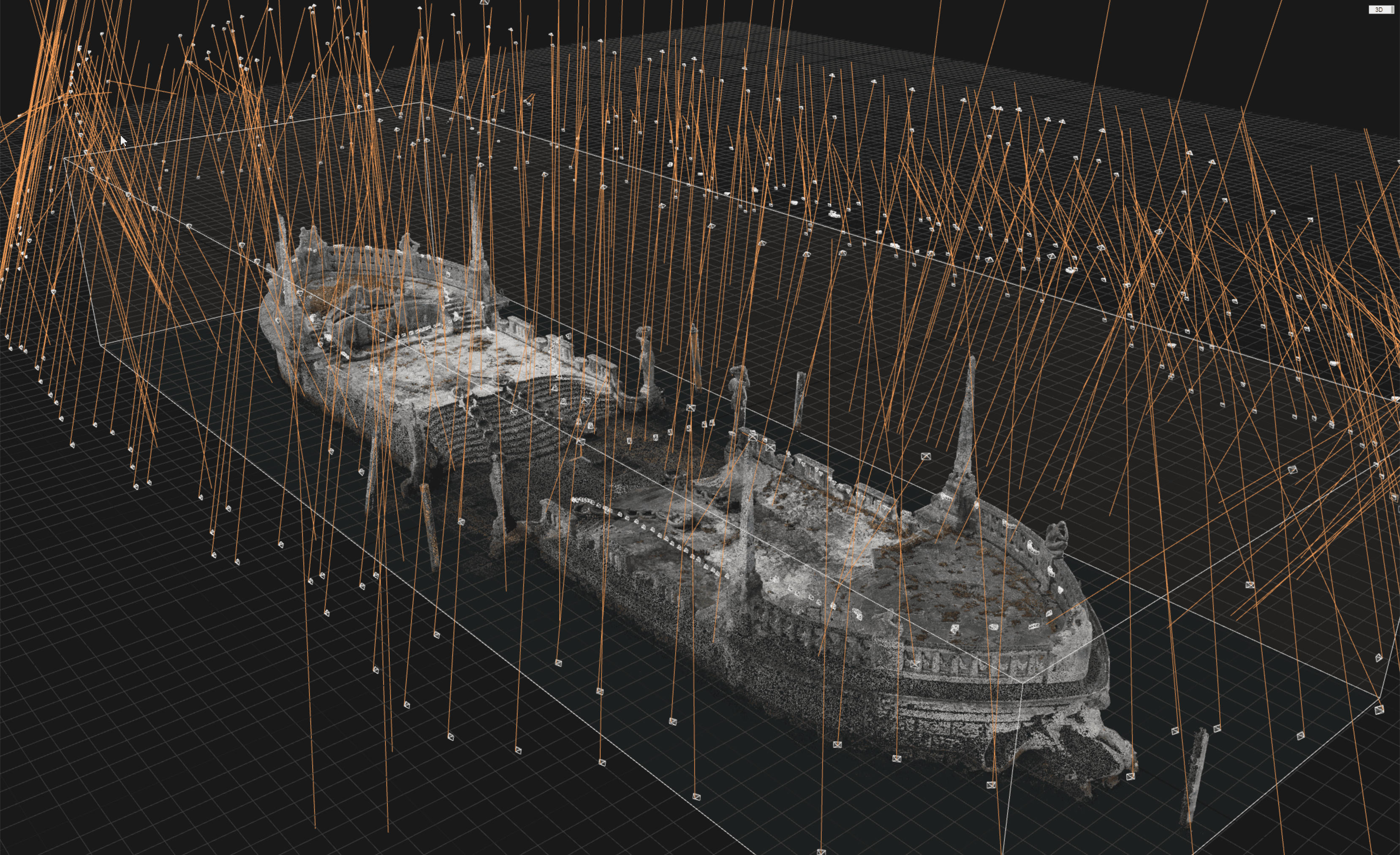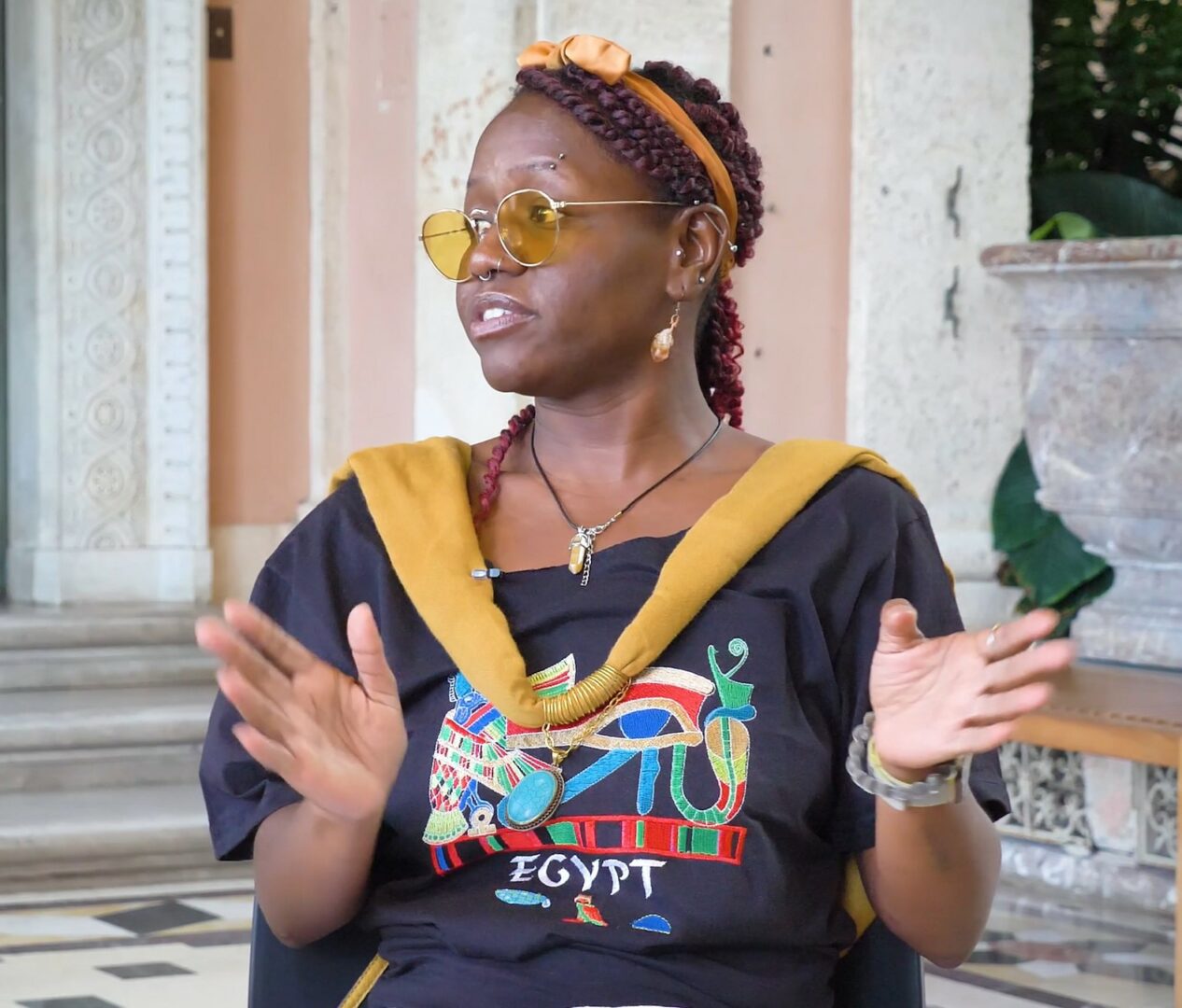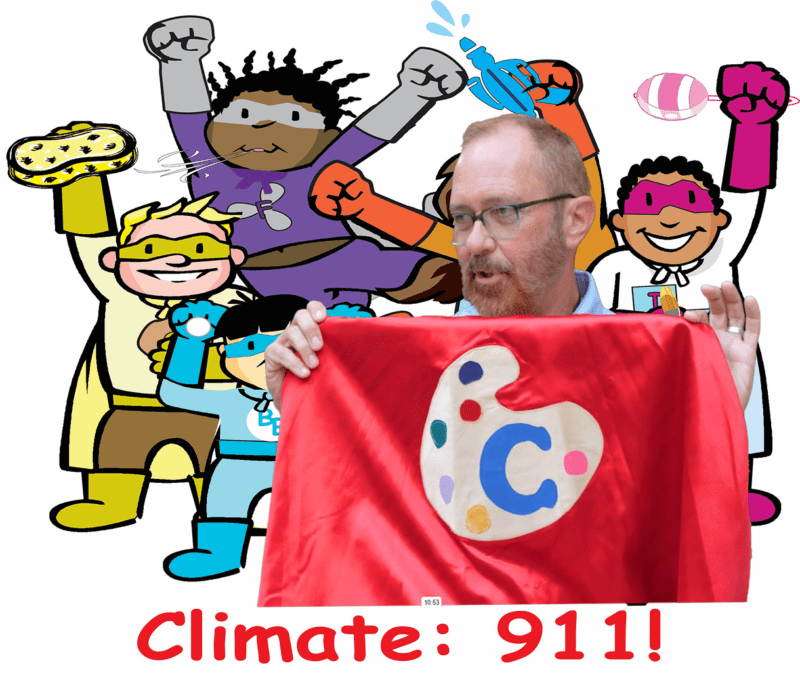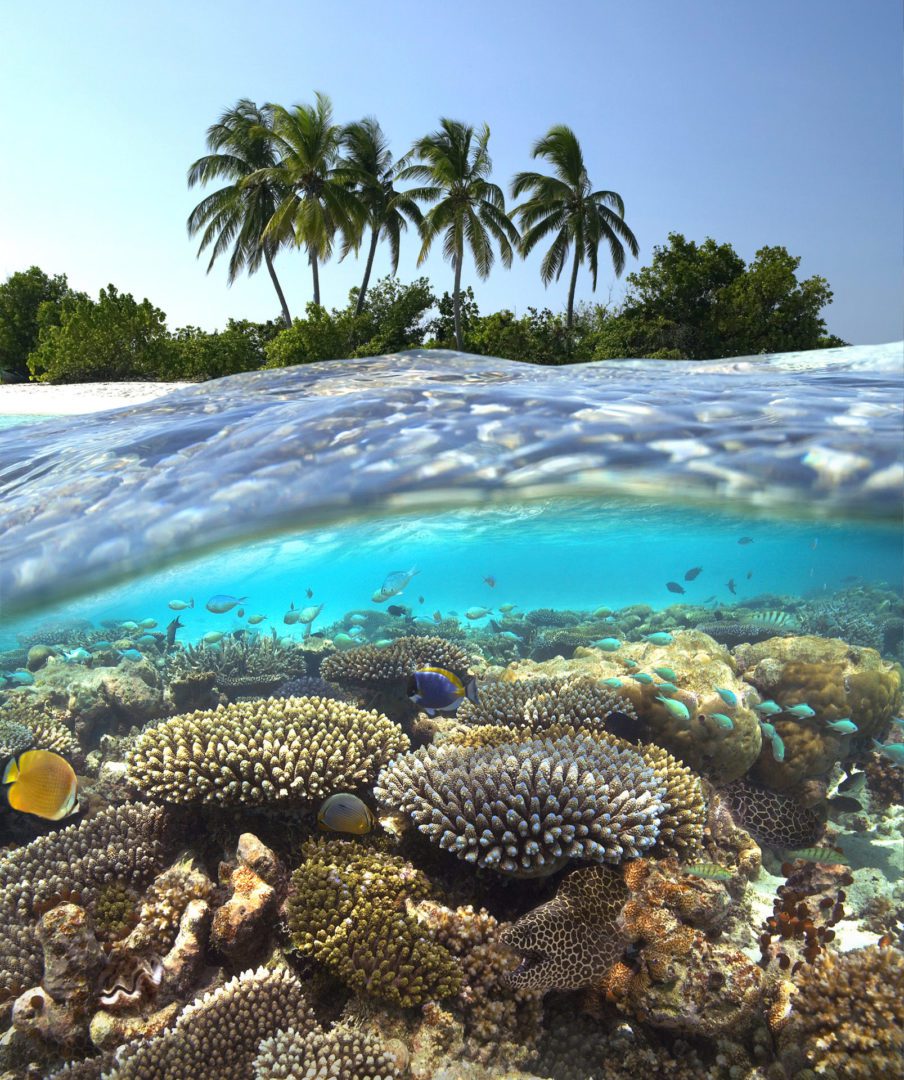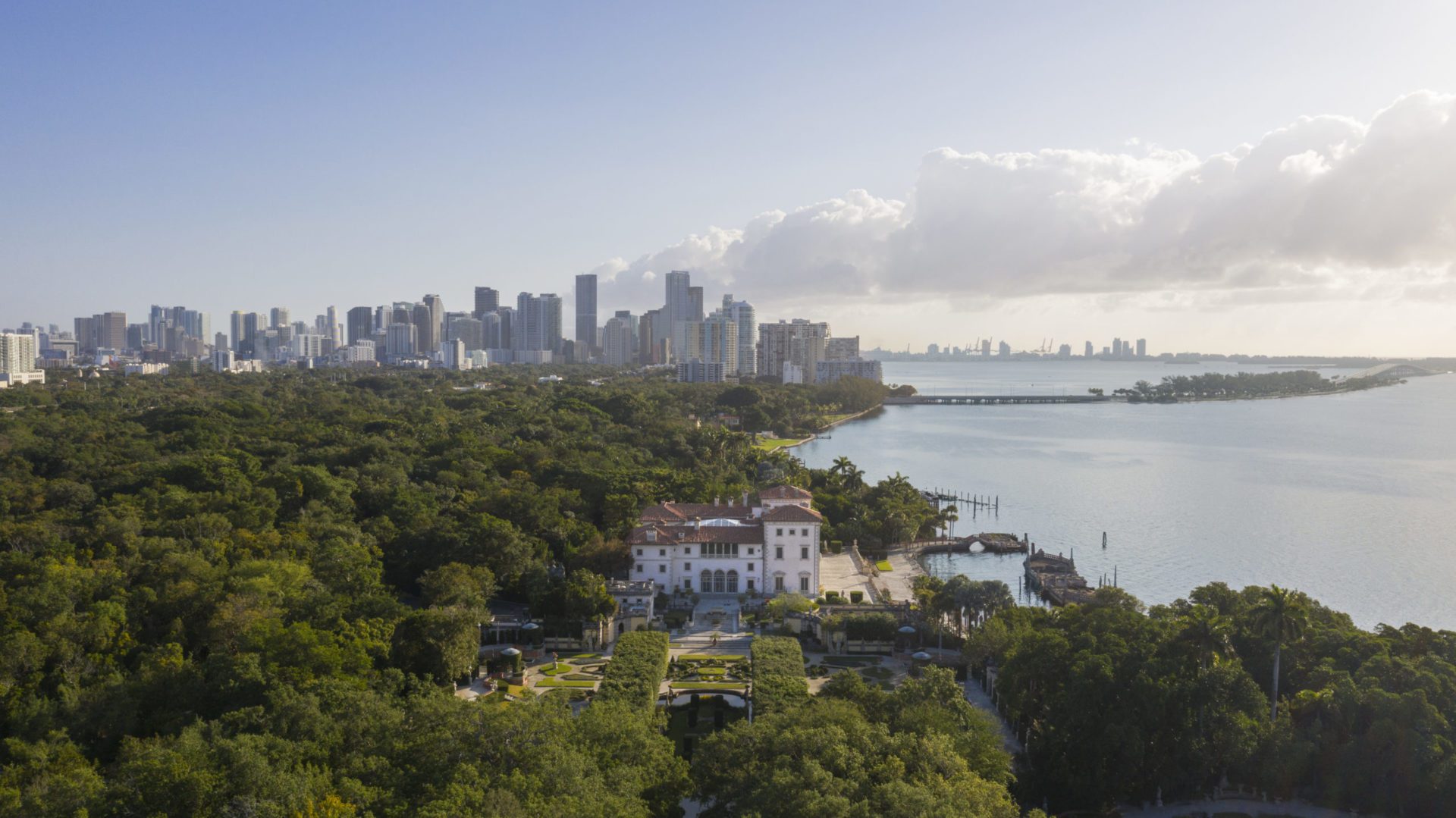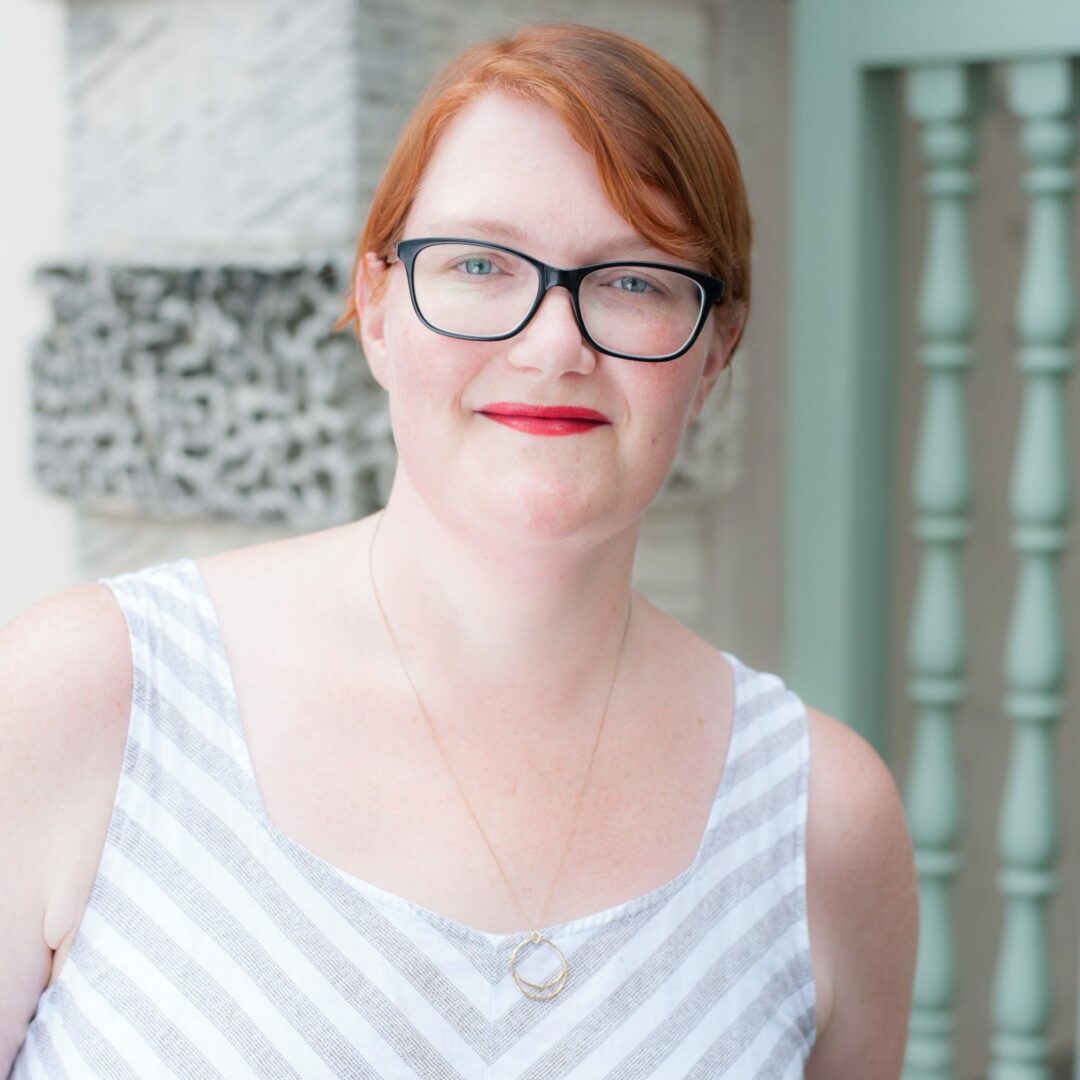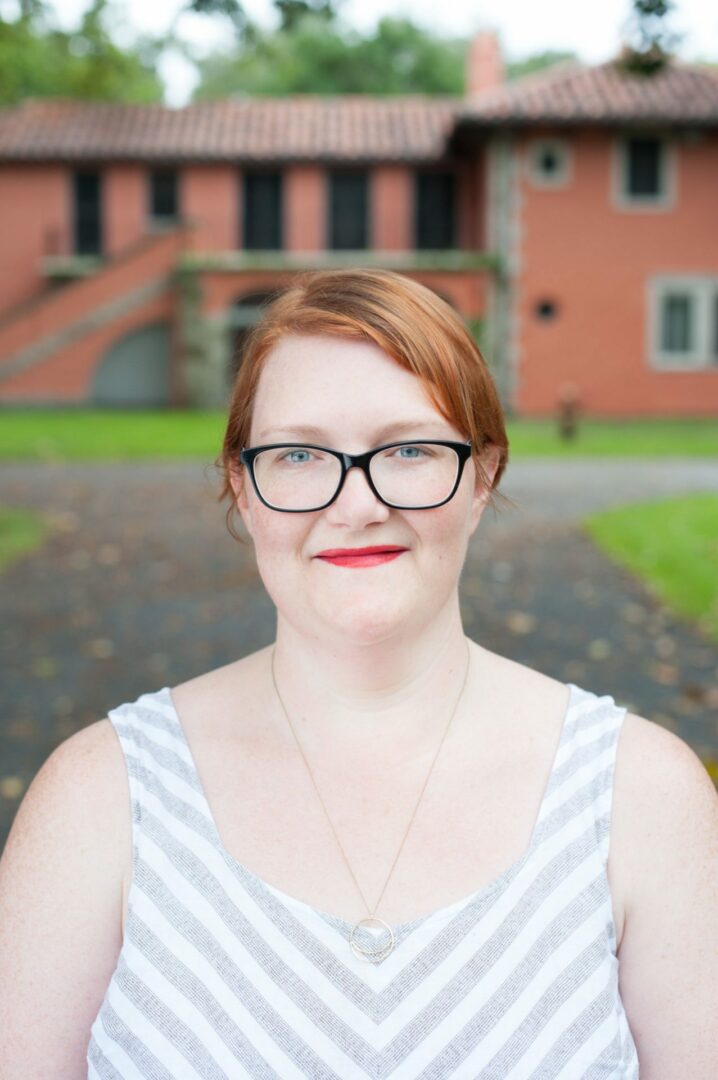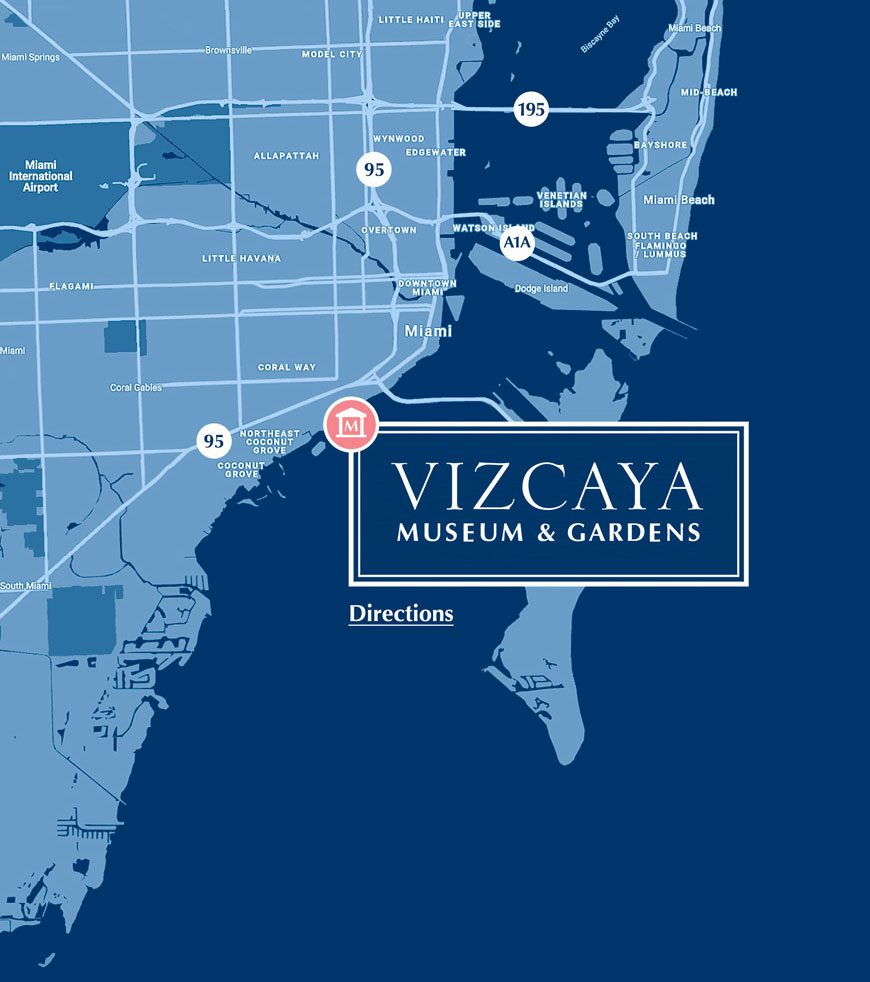Geraldine O’Hallorans is a biology major at Miami Dade College. As a first-year student that is part of the Earth Ethics Institute, Geraldine had the opportunity to go on a week-long trip to the Narrow Ridge Earth Literacy Center in Washburn, Tennessee. During her stay, she embraced off-the-grid living and gained valuable lessons in environmental sustainability, which she hopes to incorporate into her daily life.
TRANSCRIPT: (00:00)
Geraldine O’Hallorans
Hello. My name is Geraldine O’Hallorans. I’m a biology major in the North campus. I’m also part of the Yes Club. I’ve been a member since I entered the college and I’m very involved with the Yes Club I do gardening every Friday. I also help out recruit members.
(00:24)
Geraldine O’Hallorans
And I’m also interested in participating in the Aquaponics club in the summer. So the trip that I’m about to take is going to be in Tennessee, in Washburn called the Narrow Ridge experience. We’re going to be learning eco justice and environmentalism. How the Garden Community Gardens home gardening and basically living off the land and the resources that it provides. So like land stewardship. Oh, and the purpose is to also learn from it and then try to implement it in our community.
(00:59)
Geraldine O’Hallorans
So I’ve actually never done a digital detox before and got to be super new or live off the grid. So I’m open to new experiences and learning more. I know this trip is going to help me immerse myself into nature, so it’ll be 100%, you know, completely new for me. And I think it’s just going to I want to inspire me to try new things, especially when it comes to helping, you know, Earth, and knowing that climate change is super bad, that it’s going to, you know, coming soon.
(01:38)
Geraldine O’Hallorans
So I think this trip is going to help me open up my eyes and try to influence others. And to, you know, also taking time off your phone or on the Internet and actually communicating and connecting with nature. So I do think it’s good to take a break from technology once in a while. I know I struggled with I wouldn’t say phone addiction, but it would constantly be on my phone the whole day.
(02:08)
Geraldine O’Hallorans
And it wasn’t until my mom had told me, You’re being on your phone too long, you have to stop me before I would go to sleep. Whenever I’m not doing anything, it’s just, you know, it’s like an addiction. And so feeding this addiction to children especially, I can see it in my younger brother, he’s fourteen. I feel so bad that, you know, they’re not really experiencing the world.
(02:34)
Geraldine O’Hallorans
But I’m not saying get off your phone completely. I’m just saying, you know, take time to breaks because you start thinking differently. You start seeing different things. I don’t know. I think it’ll be good that the younger generation, you know, takes a break from technology and it’ll it’ll benefit them because it is kind of like an addiction. So living in Miami, we it’s kind of hard to live off the grid because everything is so connected and we have to we’re kind of forced to do it.
(03:11)
Geraldine O’Hallorans
So I think a digital detox from moving off the grid is going to help us understand better the way nature connects with us. So like in my case, living in an apartment, I would have to start off trying to compost from my plants or trying to cut down on the electricity so I wouldn’t be fully living off the grid, but I’ll be close to it.
(03:39)
Geraldine O’Hallorans
And I think that this trip is going to help me and like kind of help me see it differently, maybe ask questions and then take that implemented into my home and then see are good results and so then I will just show it to others. So this experience, basically immersing yourself in nature. I didn’t know that we would have to do a digital detox before much before I was applying, I thought it would just be, you know, living in a lodge and then gardening.
(04:12)
Geraldine O’Hallorans
But once I understood what it really what we were really going to do, they said digital detox, we’re going to do hiking, we’re going to eat from the garden. I think that immersing myself into it because it’s hard to do it here in Miami, we basically Oh, it’s hard, you know nature, it’s hard to immerse in it unless you go to a natural a national park or you have to go like an hour to the Everglades, at least from where I live.
(04:49)
Geraldine O’Hallorans
So I think this trip is going to help not just me, but like everybody else is going understand that we can live off of it. We can live off the land. Maybe not the way that you might think, but there’s always a possibility to live greener live more environmentally sustainable. And not only that, but that’s going to help us kind of it’s going to be like a little movement with eco justice as well, because I want to say that laws pertaining to environmental… sustainability it’s getting there, but we’re not close.
(05:33)
Geraldine O’Hallorans
I think this trip is going to help us, especially being, you know, an honor college student. I think it’s going it’s going to help us push further ideas on to other students, maybe make a change in the campus, which is what I’m trying to get to during the Yes Club I had applied to be president and one of my ideas was to do a butterfly garden in the school using native plants.
(06:01)
Geraldine O’Hallorans
I had seen the presentation, that native plants were like if it’s I don’t know, there’s not as many native plants in Florida. So I think maybe with this trip it’s going to push this idea further and like really, really, really motivate me into like implementing this in my school. So I hope to gain ideas on how to live more sustainably. I want to, I want since I’m going to, I’m going to be immersed into nature.
(06:36)
Geraldine O’Hallorans
It’s something that I’ve never done before. And I think I think with this trip it’s really going to open my eyes. Like I said before, and to how people live off the grid. And that’s going to help me in the long term. Maybe it might even change my major. Right now I’m a bio major and I was considering changing to chemical engineering once I transfer. And I was looking into what chemical engineers do.
(07:04)
Geraldine O’Hallorans
And one of the things is come up with new ways to make more environmentally sustainable products or buildings, you know, So this is going to help me in the long run by maybe changing my career to helping climate change and stopping potential and coming up with new ideas. I look forward to the community bonding that I want to do with my peers.
(07:33)
Geraldine O’Hallorans
And also I heard that we were going to do hiking. I’m really interested in doing that and eating from the garden. I don’t know. I’ve never ever since I was in the Yes Club, I haven’t really, like picked up anything from a plant and even straight up, I just I always found it in the plastic packaging and it had to be cleaned.
(07:55)
Geraldine O’Hallorans
And if it wasn’t cleaned, it was you know, super dirty and I couldn’t eat it. So I think this experience is going to help me. I think it’s I’m looking forward to to eating from the community garden, hiking and making new friends. With this experience and taking my ideas and implementing them to my community, my family and my friends and and, and actually making something happen, I want to make a change after this trip relating to environmental sustainability.
TRANSCRIPT: (00:00)
Geraldine O’Hallorans
So my name is Geraldine O’Hallorans. I go to the Honors College at Miami Dade at the North campus, and currently I’m studying biology. So there were a lot of things that stood out for me. Now that I’m remembering everything else, everything that we did. I want to say the heart to heart stood out the most, which was after breakfast we would gather around in like a circle and there would be a talking piece, like a rock, that would say the word love or compassion or, Bill and Mitzi, which were, you know, the people that ran Narrow Ridge basically for our trip. They would read a short poem or maybe there would be like a mobile and they would explain like a short story. And then from that, after they did that, we had to everybody who was carrying the talking piece had to say what they brought to the moment, how they were feeling.
(00:57)
Geraldine O’Hallorans
Um, any hopes and aspirations, you know, like stuff like that and why was the biggest takeaway for me? A lot of people when we’re talking, you’re saying something and then I, I want to interrupt you to say what I’m thinking, but I don’t you know, I don’t let you speak. Finish your whole thought In Narrow Ridge when we did the heart to heart. Everybody got to say what they wanted and we listen to each other. And the beginning was kind of hard because we were anxious. You know, we first day was super cool. And then after, you know, as the days went on, we started, you know, we listened to each other. We were able to respond and there were some laughter, some tears.
(01:38)
Geraldine O’Hallorans
But it was it was just, you don’t do that here. At least I feel like you’re not really listening when you’re talking to someone. So doing the heart to heart, it was know it was super cool and I’m going to bring it back to a club in Miami Dade College where we can do that. A lot of the information has to stay confidential, obviously, because you’re sharing your feelings, your thoughts and emotions. So but it still gives you a chance to let go of any bottled up feelings that you have. It wasn’t much of adjusting because I knew that I was going to, you know, be in a place where it was going to be different green housing. You know, it has rainwater collection system, solar power, composting toilets and a composting bin. Something that I haven’t really been in, I’ve heard of, but I haven’t actually, you know, been in the place.
(02:30)
Geraldine O’Hallorans
So it was more of getting used to what I’m doing and getting used to what they told me. Like, you can only throw certain stuff in the composting bin. Others you have to, you know, throw it in the regular trash can. And also we were a group of 12, so we were in one house working together we had different chores every day. And it wasn’t much of an adjusting, but it was just getting used to it, you know. So some of the activities were, we did yoga at the very end, a meditation. Another day we learned about death and we went to a natural burial. And then the same day we had a cosmic walk, which, um, it was where we were our, our birth in the universe, basically.
(03:24)
Geraldine O’Hallorans
We also had a potluck day, a day where we learned about nuclear weapons. We had a drum circle, um, community gardening. We planted chestnut trees. We went to, we went on a, I think it was like a two hour hike into a freezing lake, which I swam in. It was pretty cool with, um, a lot of the other girls and, uh, in the group. And we also had, like I said, the heart to heart and the gratitude circle also where we before dinner and breakfast we held hands and we said what we were grateful for before eating. Yeah, I, I want to say that, yes, this trip changed the way I used technology. Um, I didn’t realize how much time I spent on my phone the first few days and felt like the days were so much.
(04:19)
Geraldine O’Hallorans
Well, actually, it wasn’t even the first few days. It was a whole week where the days felt longer because I wasn’t on my phone doing something. I was just sitting down, maybe reading or walking around. And I realized that it was really hard to not grab my phone for whatever reason, even if I didn’t have WiFi for a reception, I still wanted to grab it. But yeah, the biggest takeaway was how much I use technology, how much I rely on it, how it’s a tool that I use, but sometimes I use it too much. And also during one of the heart to hearts, um, Jack which, um, he went on the trip as well. Um, he said that he didn’t realize how much he used, how much our life revolves around our phone, how much we’re been like, used to it.
(05:08)
Geraldine O’Hallorans
And it kind of changed my perspective on it. And so when I came back, I was like, okay, I’m going to try to cut back some time for some screen time, you know, on the phone downtime and limit myself on the use of some apps because they do take up a lot of time when I should be doing something productive. So we’re on our phones and we’re not paying attention to nature. It’s really hard to look down and then also try to be aware of your surroundings. So being off your phone will give you, um, kind of a new perspective, more awareness on what you know, how nature works. Um, at least for me, when I was walking in the trails, I started, you know, coming up with ideas on how, how I can implement more sustainable, you know, methods in my home like composting and, um, zero waste at least getting close to it.
(06:06)
Geraldine O’Hallorans
So being on your phone is a distraction, I want to say, because the only I feel like we use it a lot for important emails or important calls, but it also it’s a distraction to what we can be doing apart from that and especially apps, they want to take your time, Your time, your time is their money and you want to stay away from that and try to try to go in to nature. And and it also gives you ideas when you’re walking, your mind gets going, starts working and thinking. So yeah, I think it’s it’s like a it’s a big distraction at least. Yeah. So Narrow Ridge, you’re immersed in nature. Like when I showed the pictures to my family members and friends are like, Wow, there’s green everywhere. You’re in the forest.
(06:56)
Geraldine O’Hallorans
Basically. I was like, Yeah, I’m in the forest. So I encourage a lot of like everyone who is willing to take a week off and live that way to do it, because it does change your perspective. Like if I didn’t go to Narrow Ridge, I wouldn’t be planning on composting in the future or starting, um, a vegetable garden from, you know, grocery. So, um, I think it’s, I wouldn’t say it’s super life changing, but it changes. It gives you a different perspective on what you can do to be more sustainable and also Bill and Mitzi are so nice, like they’re super nice and everybody there, the whole community is willing to help you to, to, you know, open their doors and show you their way of living.
(07:42)
Geraldine O’Hallorans
Um, so yeah, I really do encourage anyone who can go that they go. At least for the phone use, It’s really hard to put it down because, you know, we’re on or on different apps, you know, that want to we’re always scrolling for hours and hours and what I did, I just I just put the like I try to put it down and turn it off whenever I could. Um, the best way is to put it somewhere where you can’t see it. Um, at least what happened a couple of days into the trip. Or Sarah had woken up and she was got a bar and she started looking through her phone and she told me, Geraldine, I can’t like phone, I have to look at it. And I was like, okay, I got you.
(08:25)
Geraldine O’Hallorans
I took her phone, it took mine, and I hid in our luggage and I was like, We’re not going to see it until we finish this trip. And we did it and it was so fun, you know, like I forgot about the phone. I forgot, you know, that I needed to use it. I had it. I was just. I was just there. And I even forgot. Like, time also goes by so slow when you’re not on your phone. But that’s good because you could be more productive that way and like, start coming up with new ideas on how to entertain yourself with no technology. It’s just it’s really hard in the beginning, but once you start getting used to it and you have a routine going on where you don’t use your phone and you try to put it away, it’ll be easier, I plan, to obviously stay off my phone.
(09:08)
Geraldine O’Hallorans
I’ve been it was kind of hard in the first few weeks when I came back because I had so many notifications from friends and like emails that I just had to look at them. But now I’m starting to like, limit myself. So maybe I’ll, I’ll do 15 minutes on my phone and then the rest of the day, you know, try to do something or use the Pomodoro effect when I’m studying, which is like 25 minutes of just studying 5 minutes break where I could be on my phone or be doing something else. But I will definitely try to stay off my phone and electronics when I can, if possible, and just be more conscious of the time that I’m spending on my phone, be looking at the screen time that I have and and saying, okay, you were too much on your phone this day. Let’s try to stay off the phone here and like come up with ideas that you can do to stay active, stay busy. You walk around in nature or or read a book, listen to some music. Well, yeah, I’m going to I will be doing some changes.


